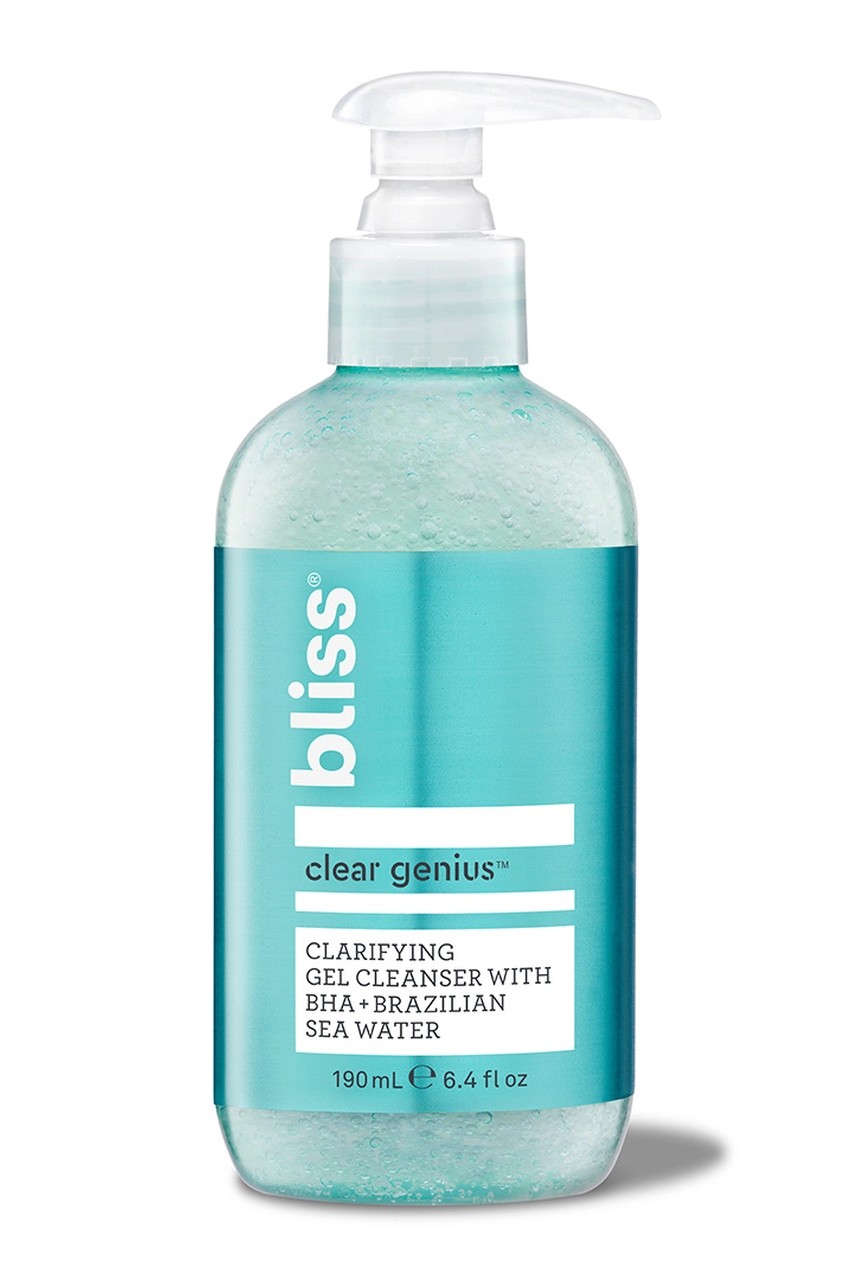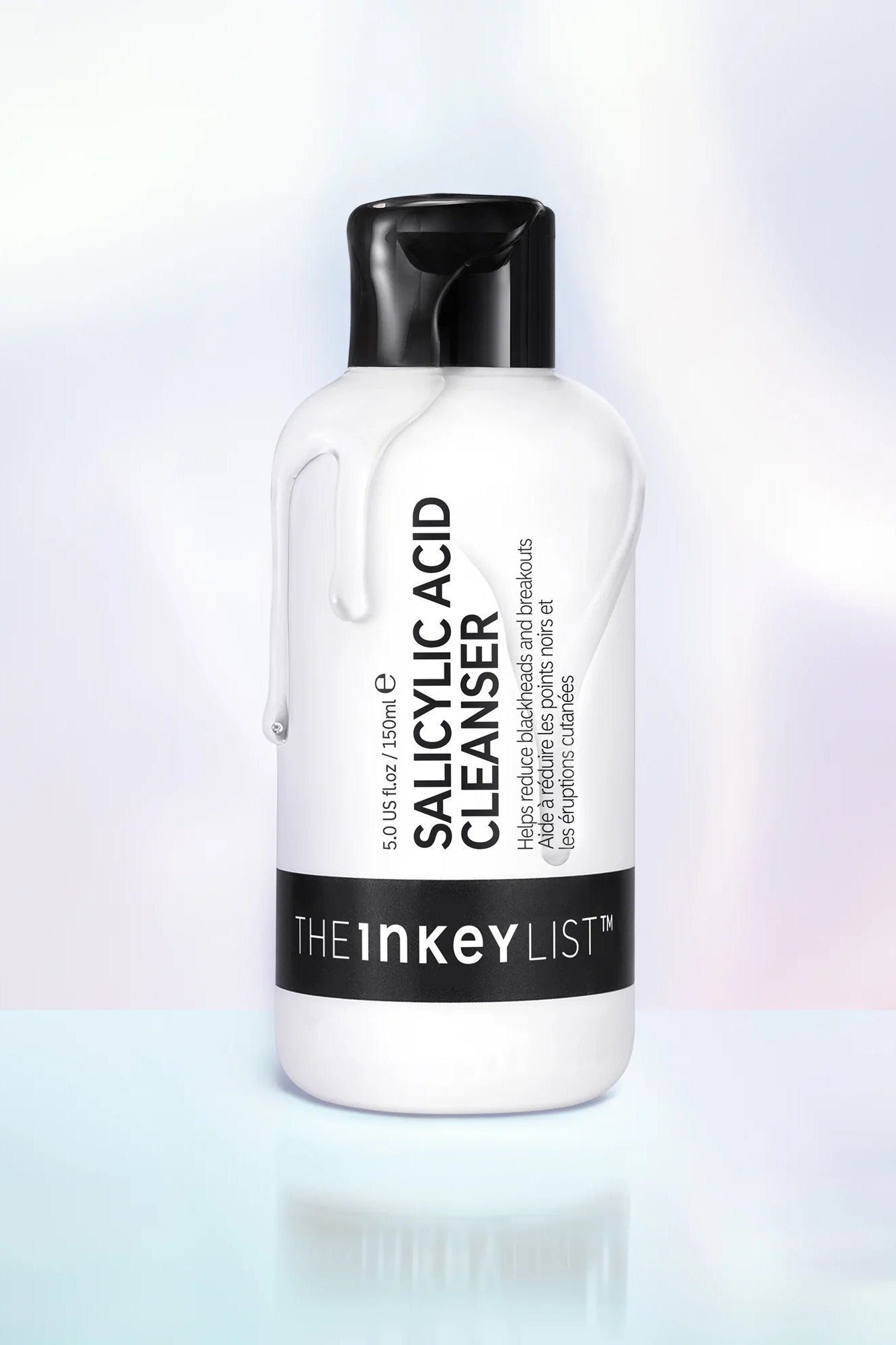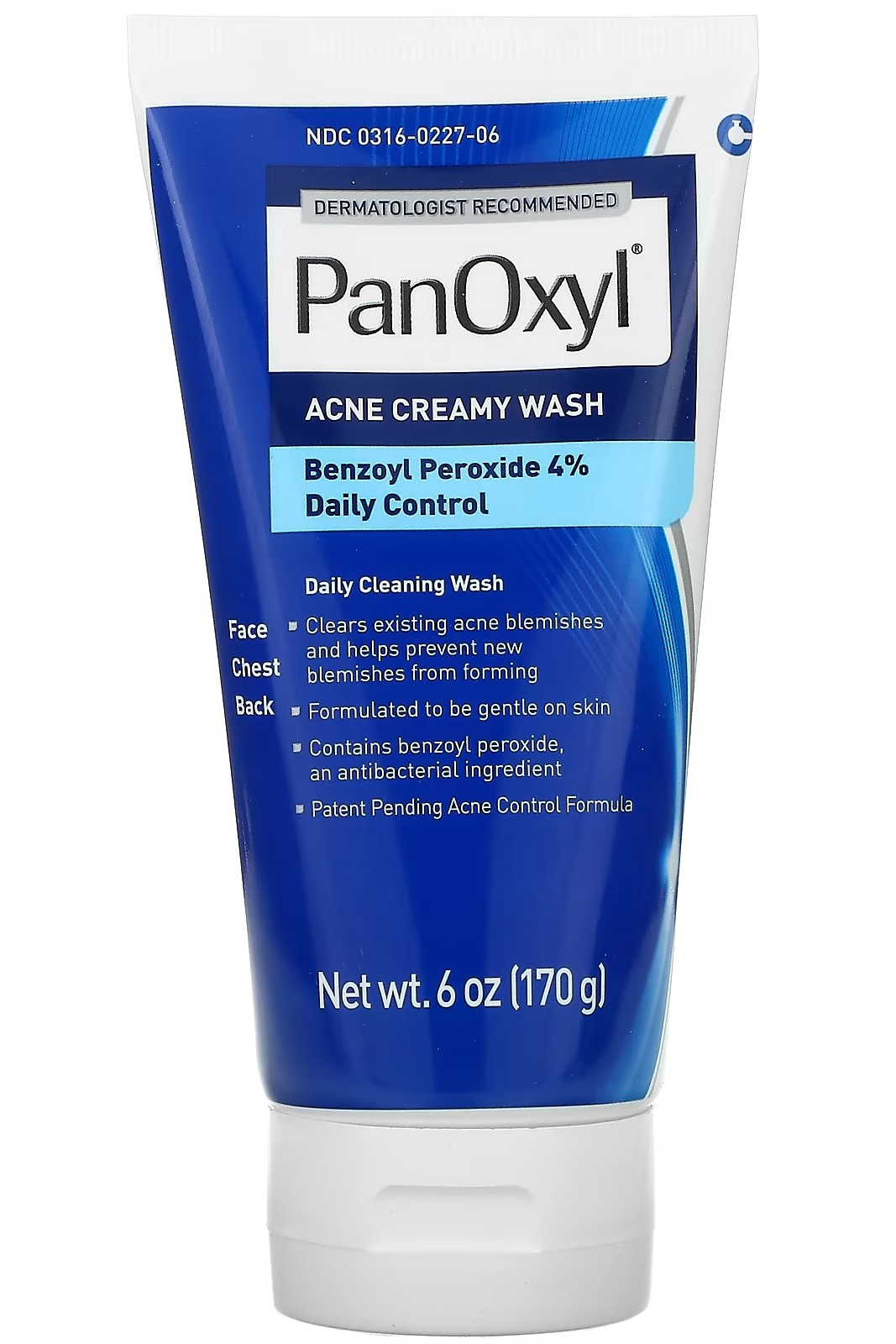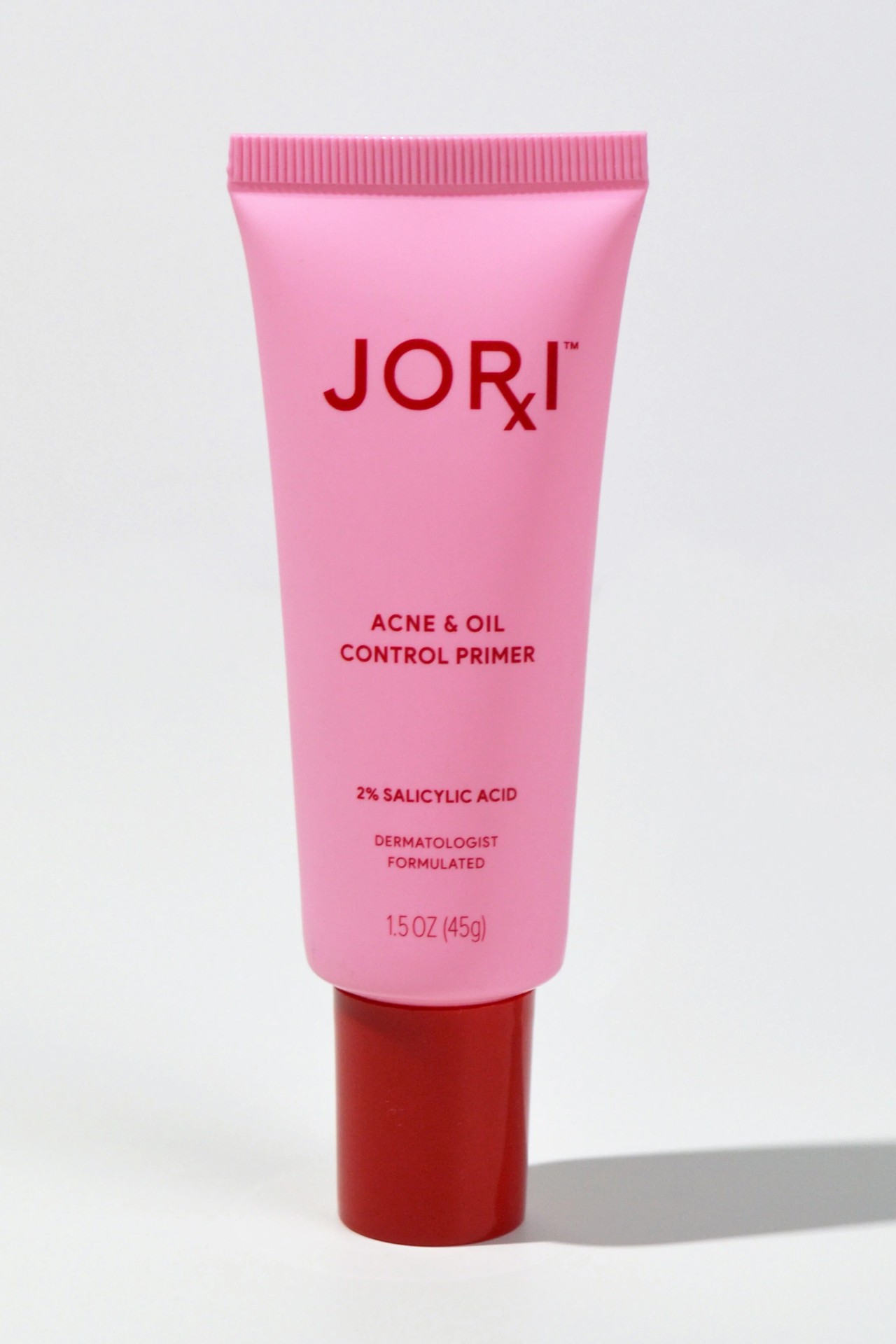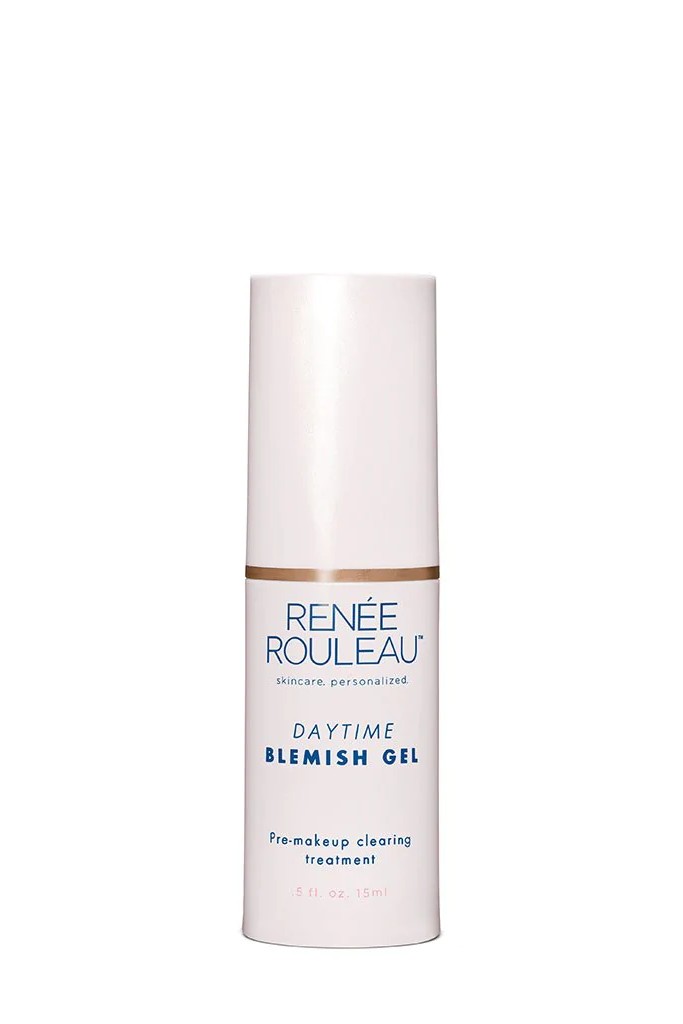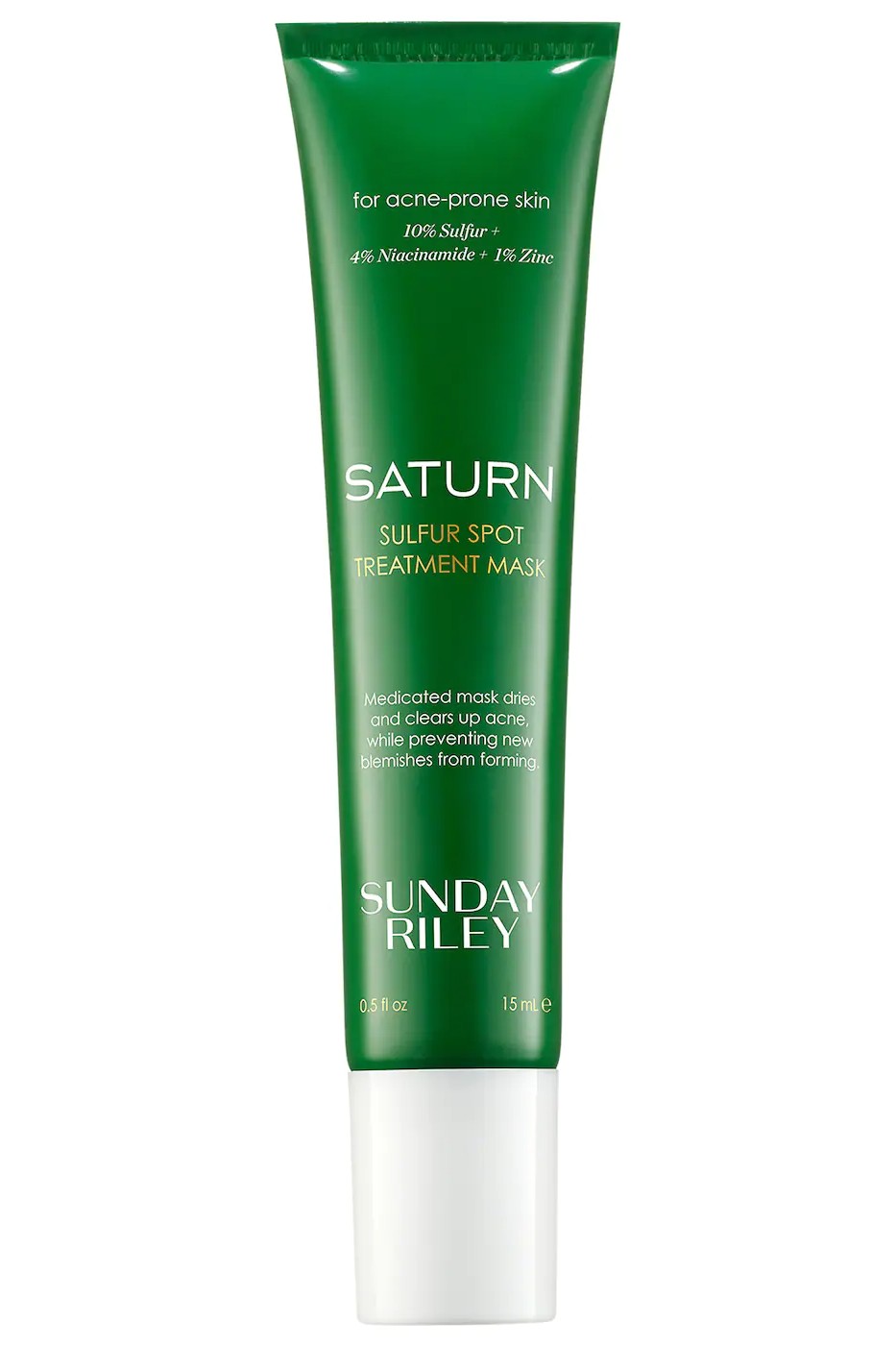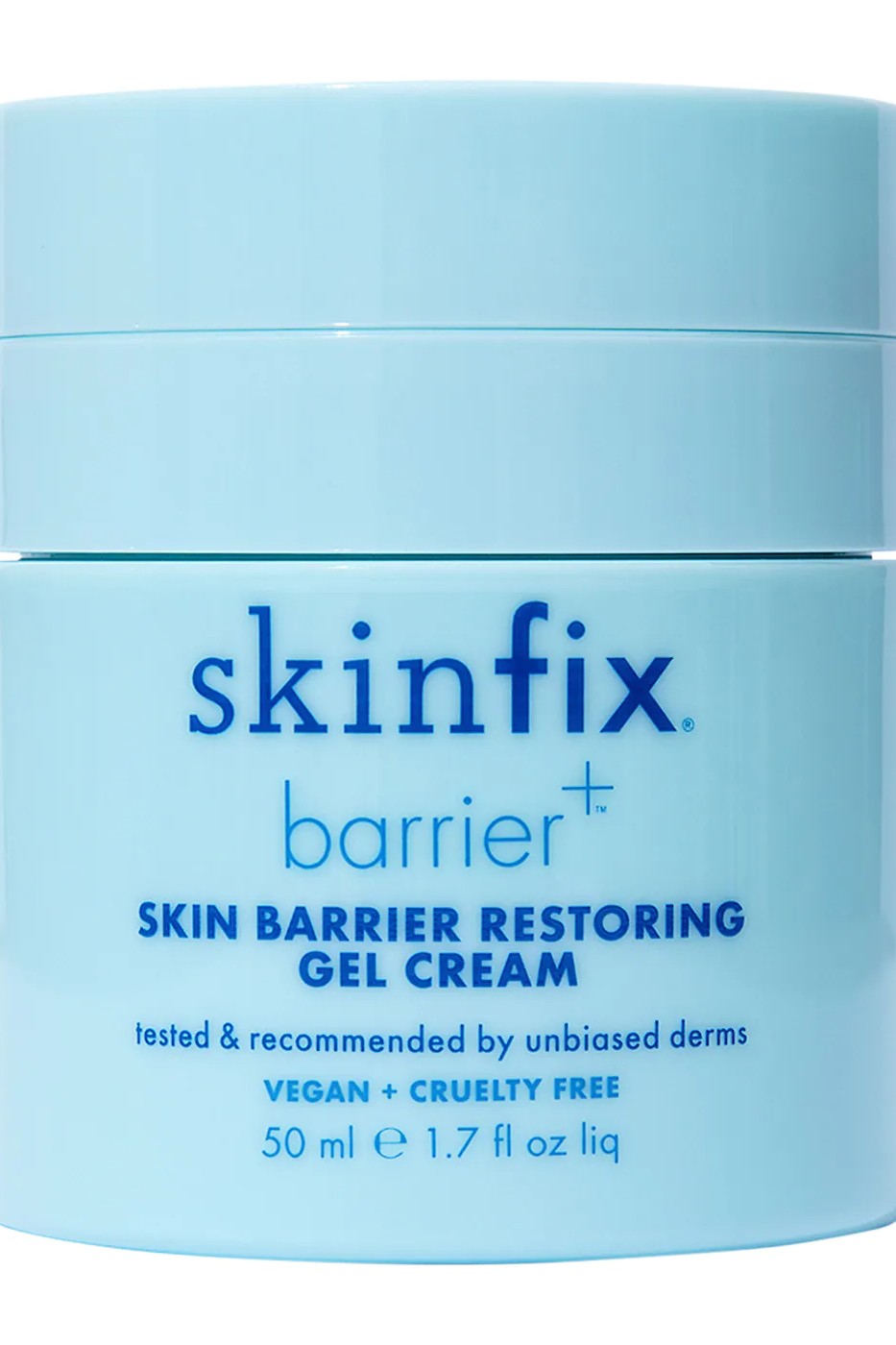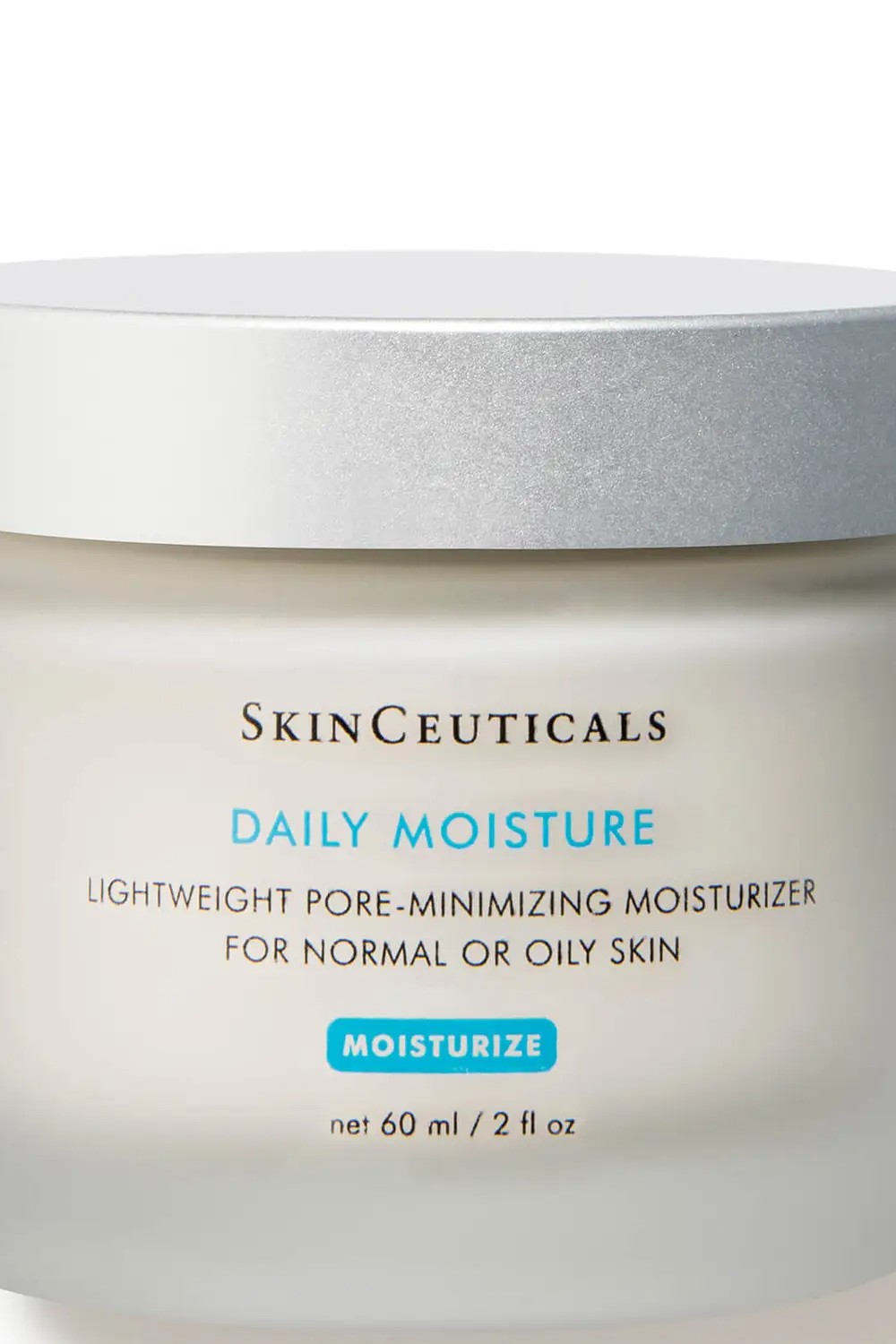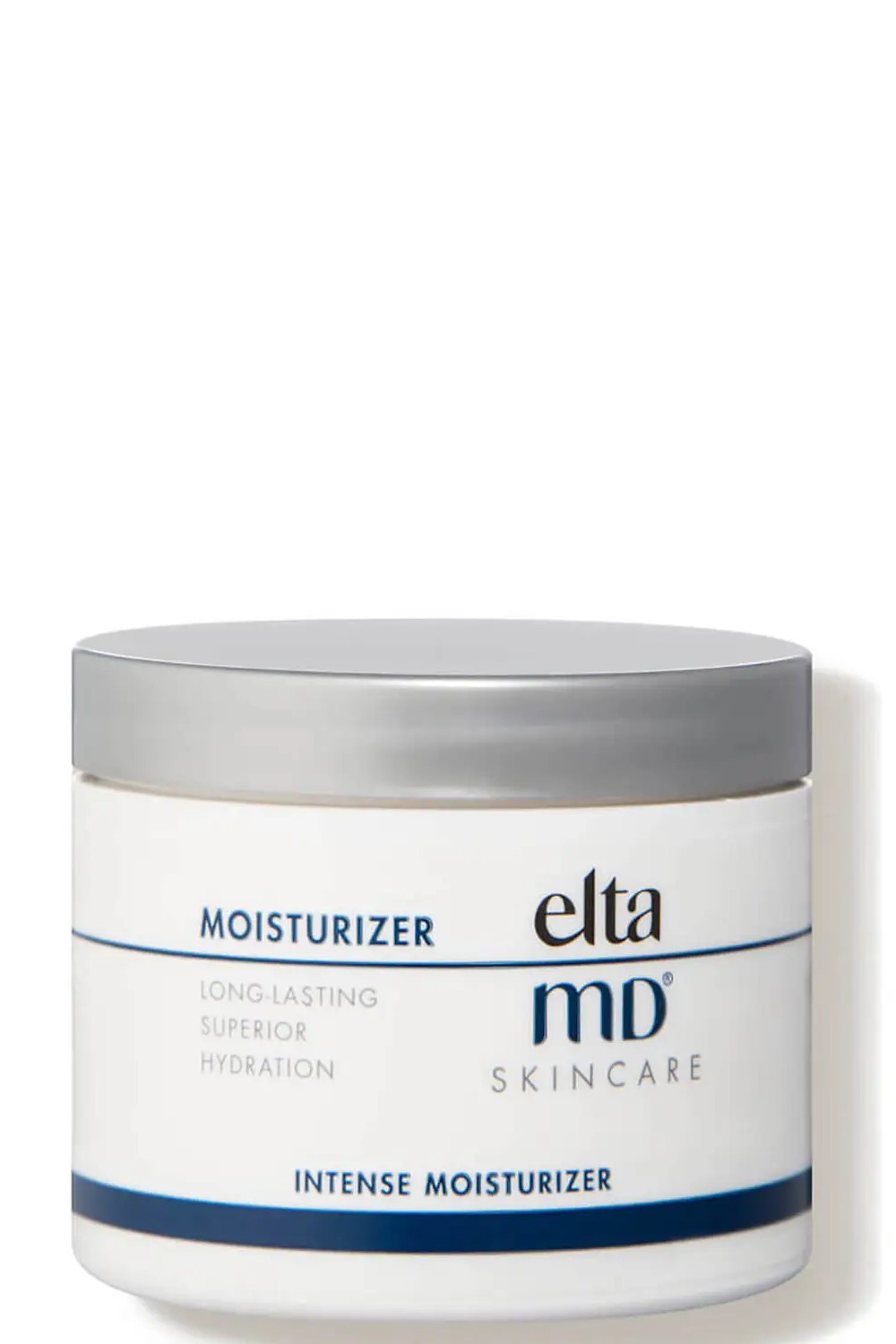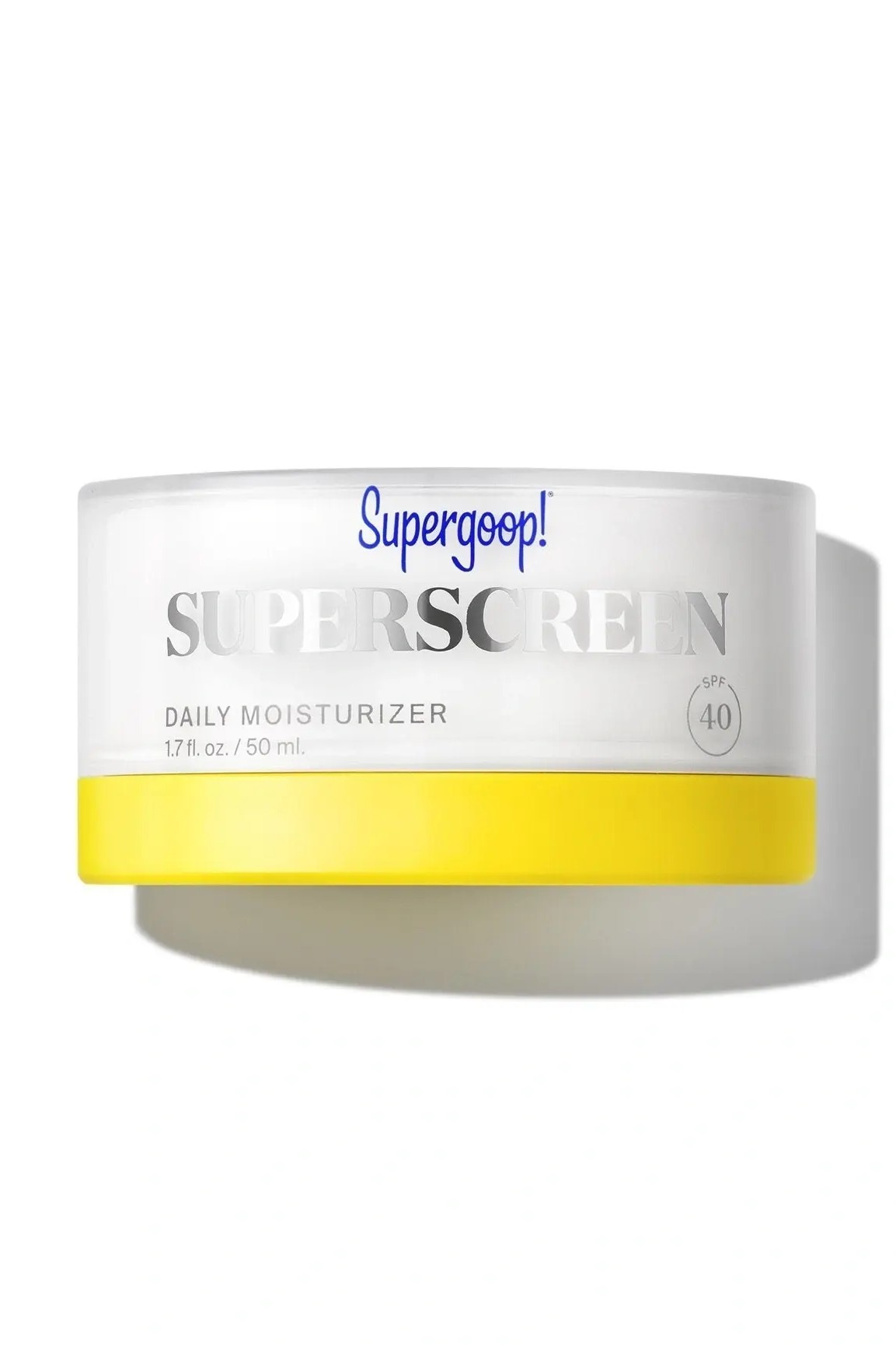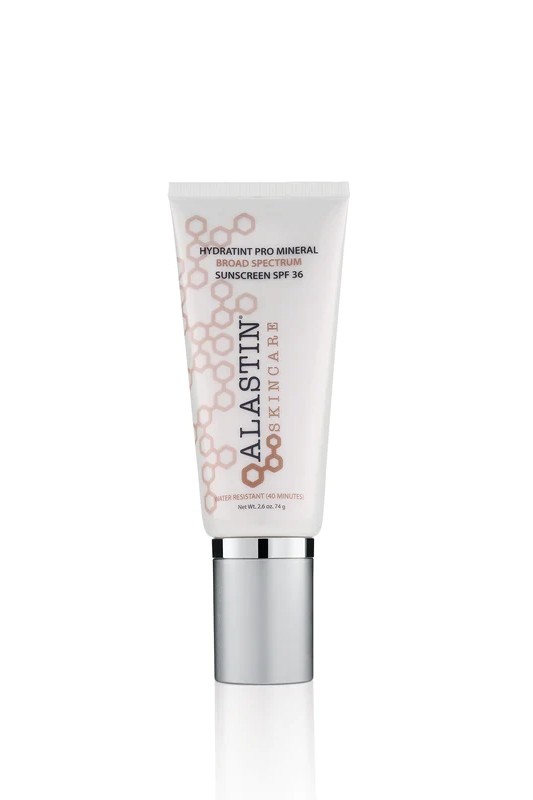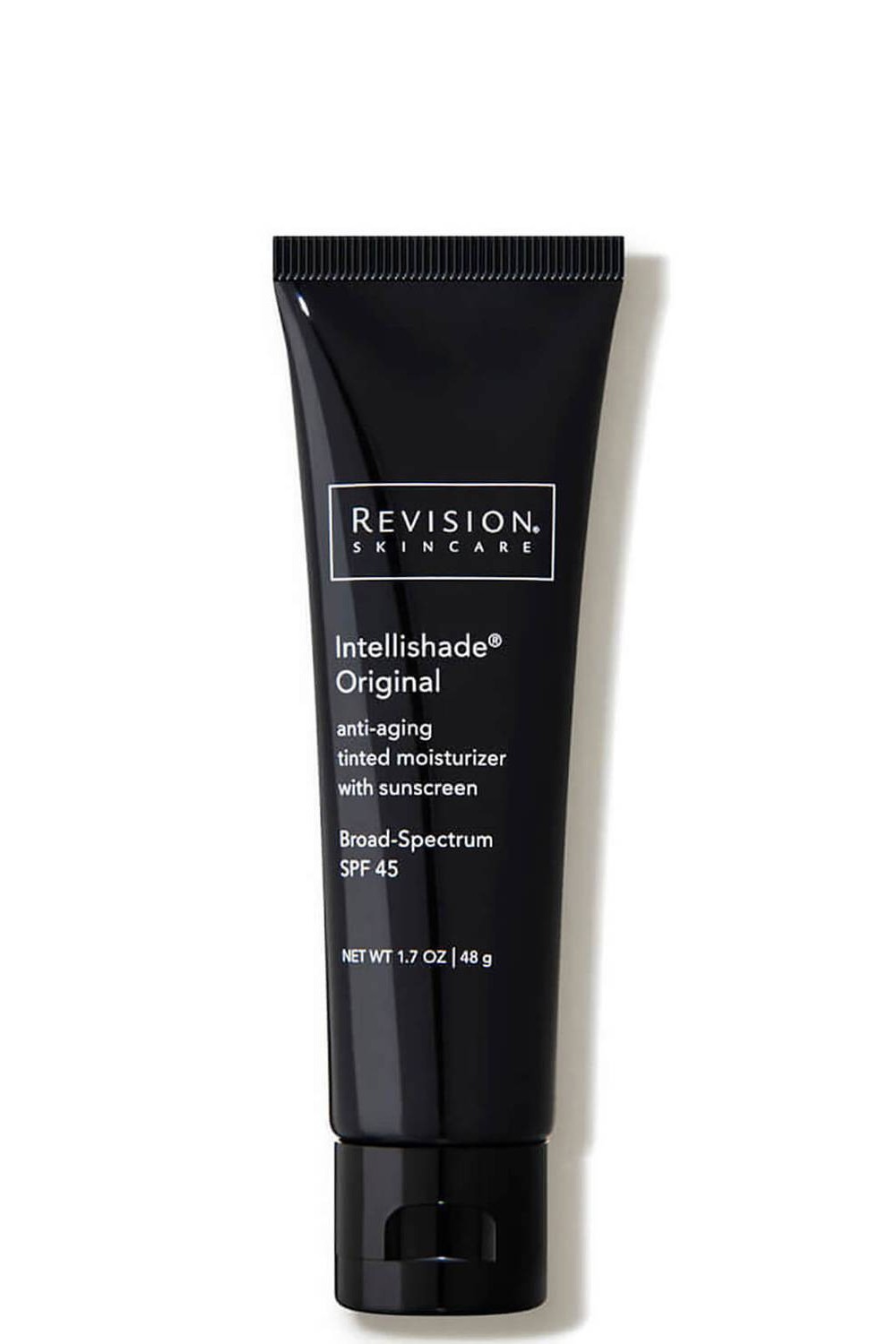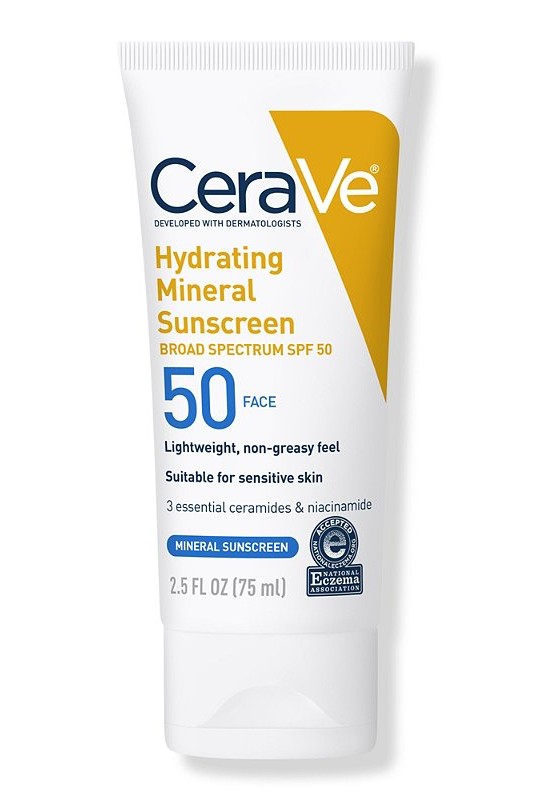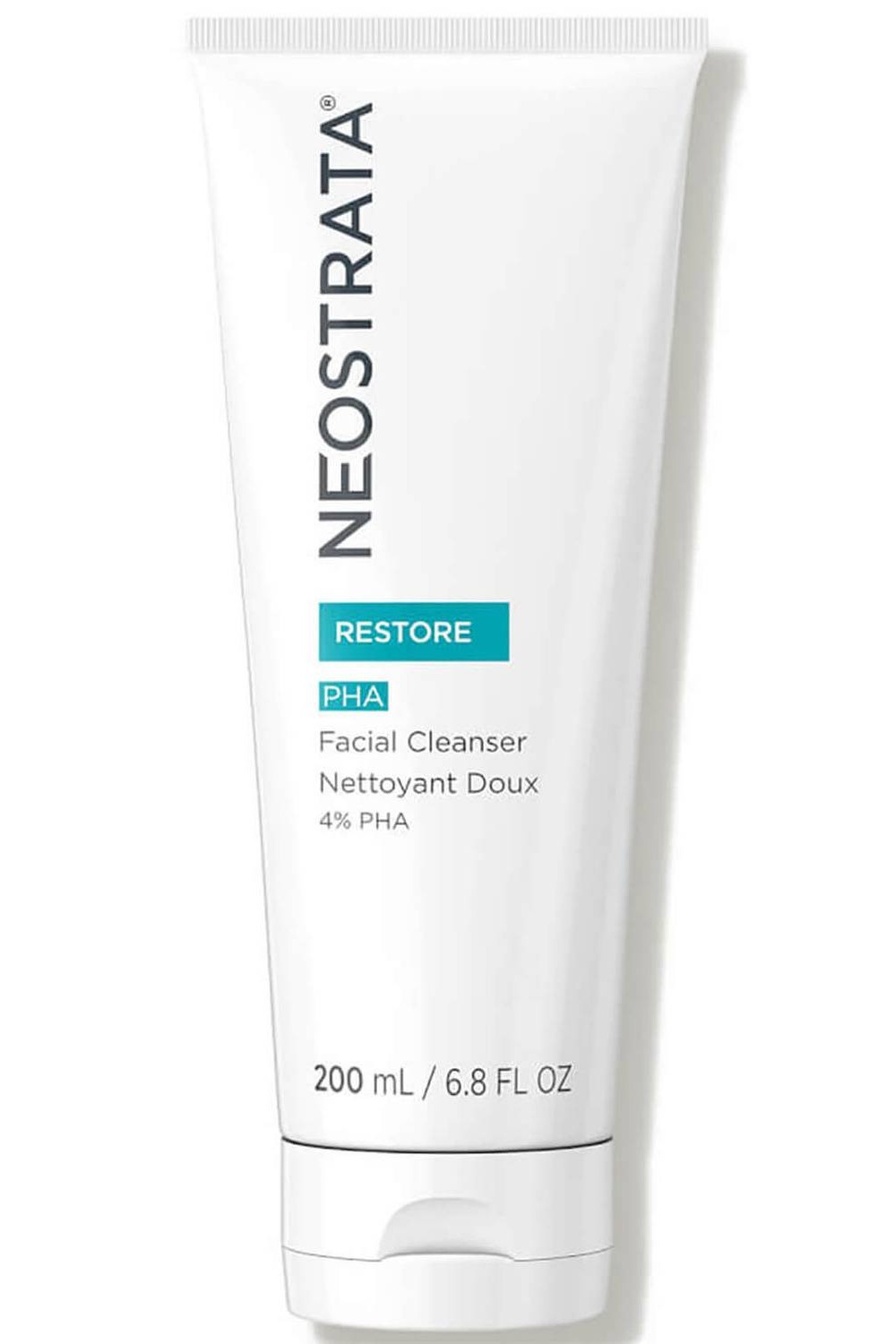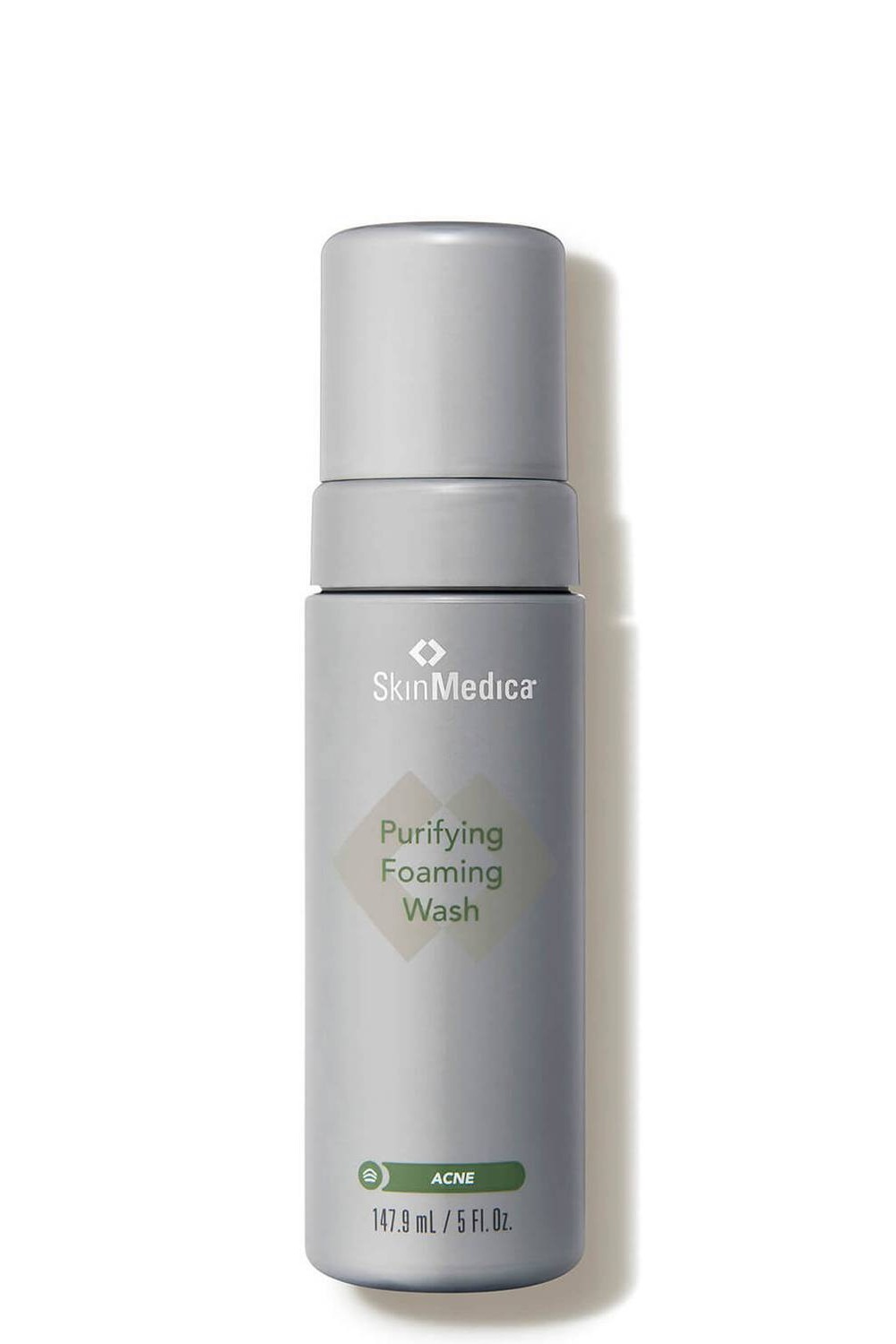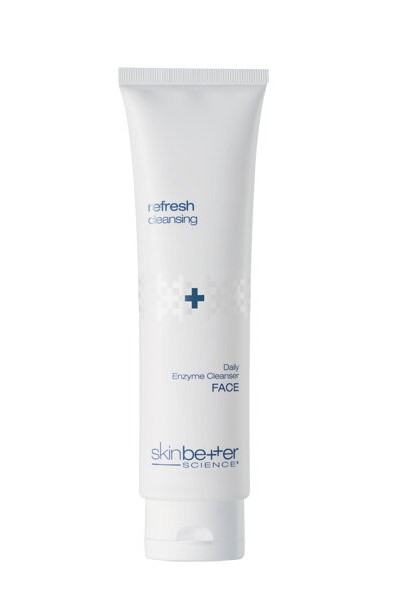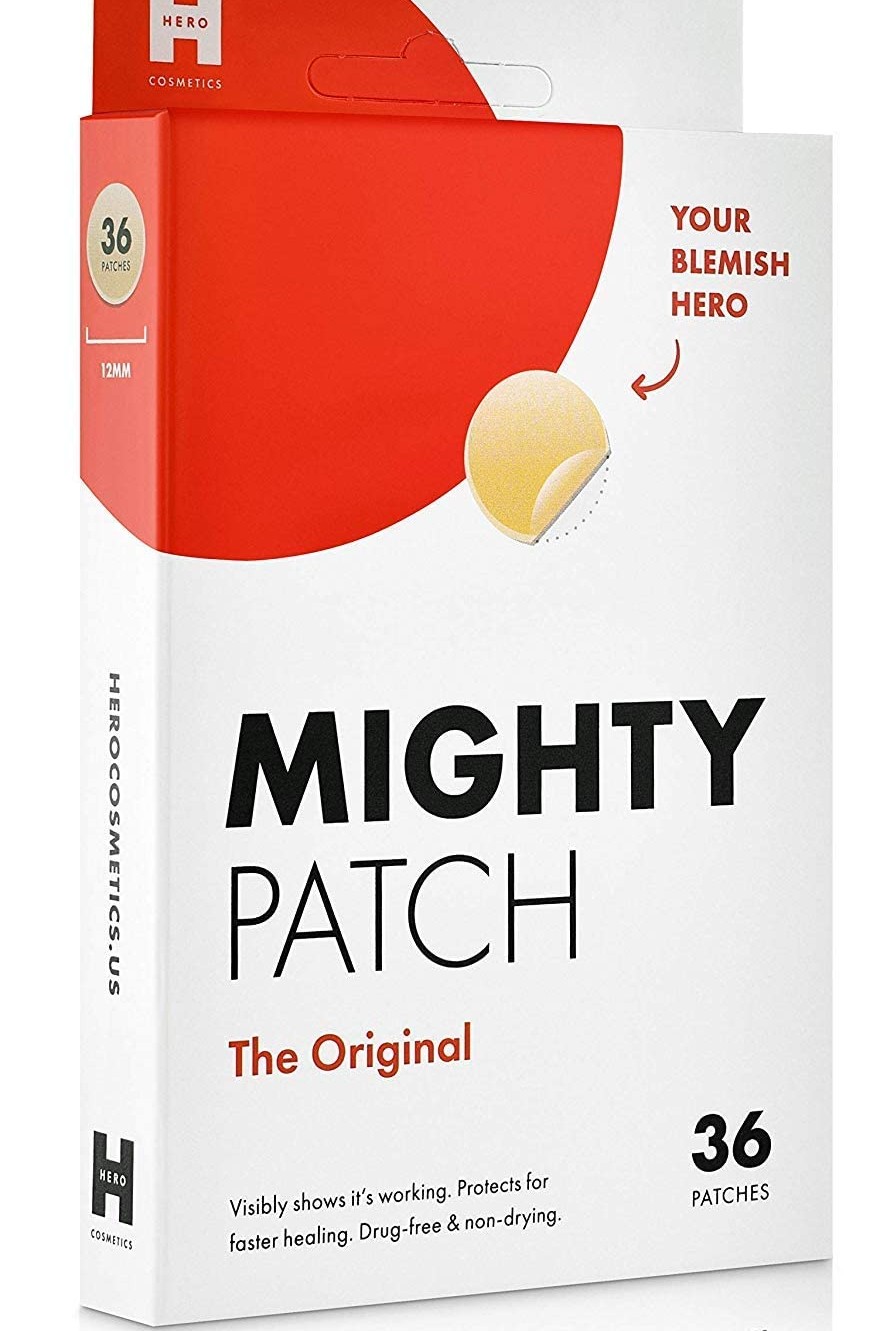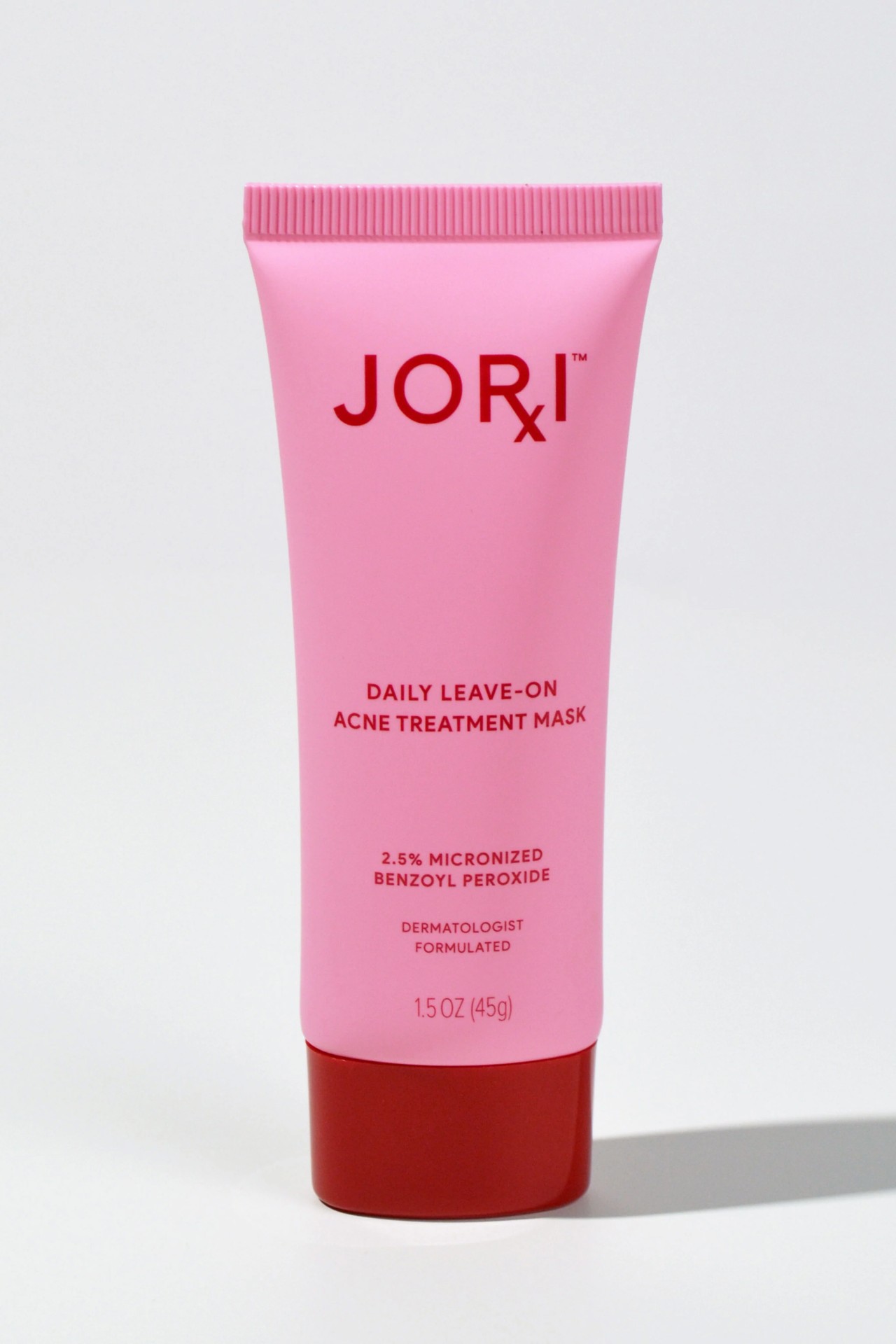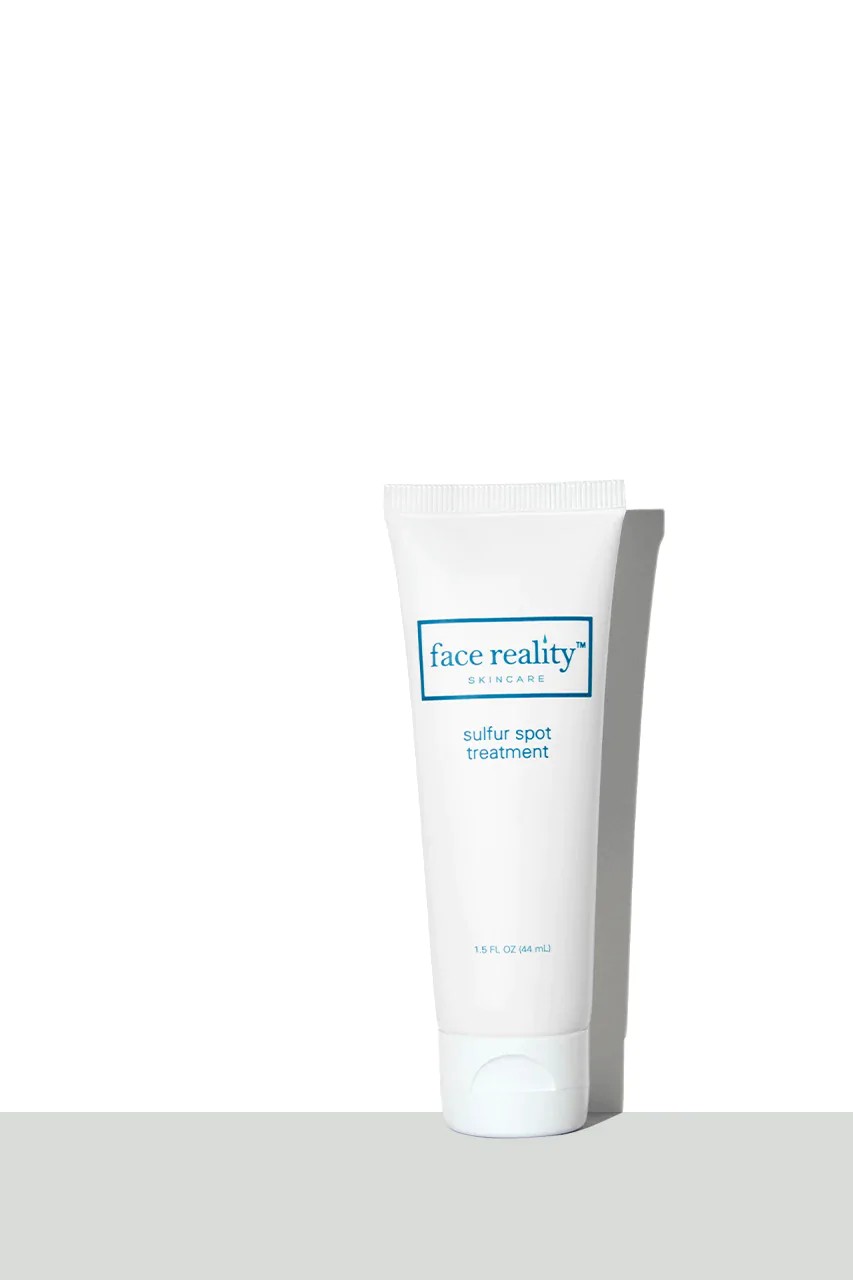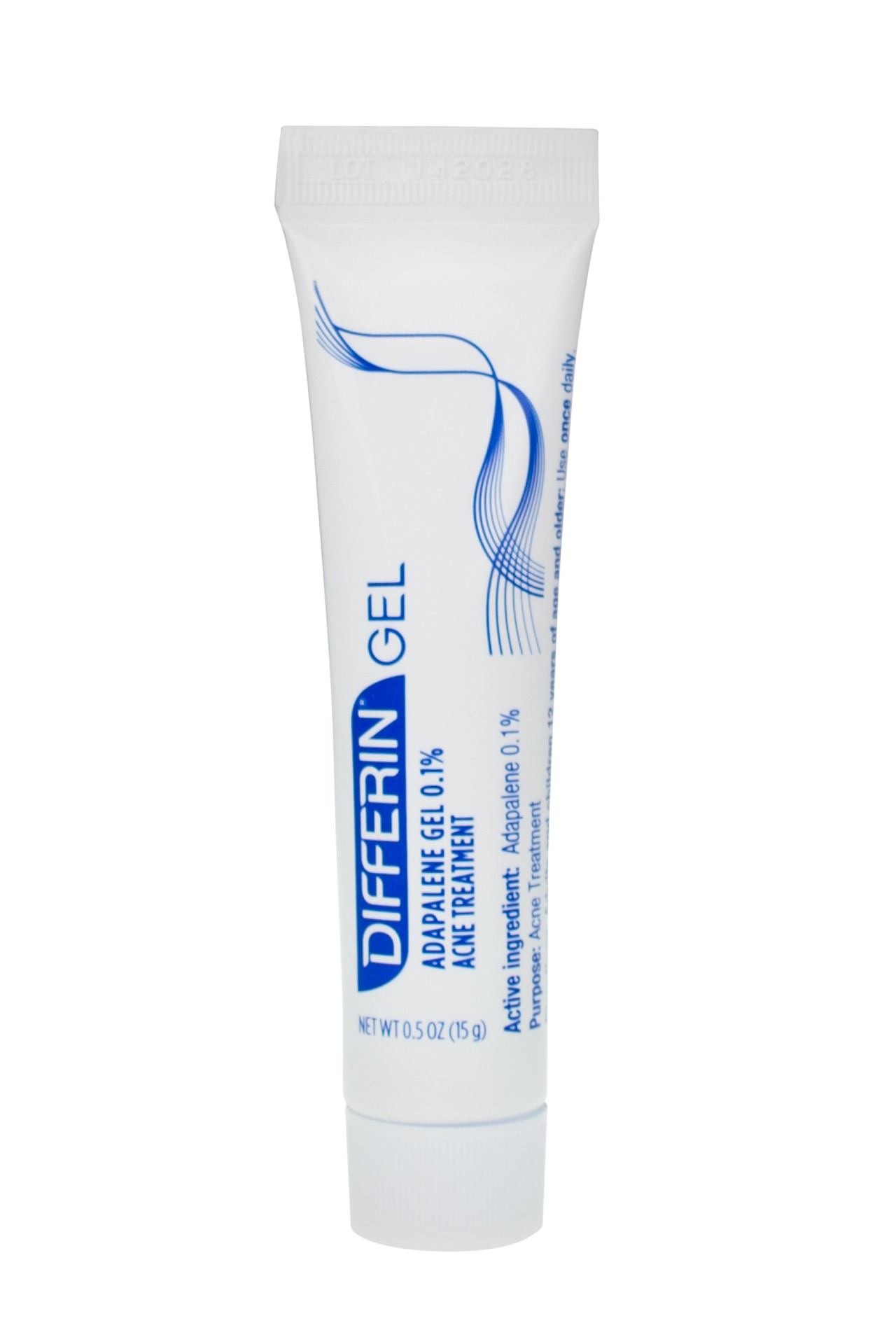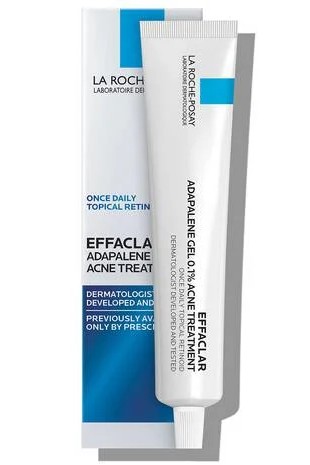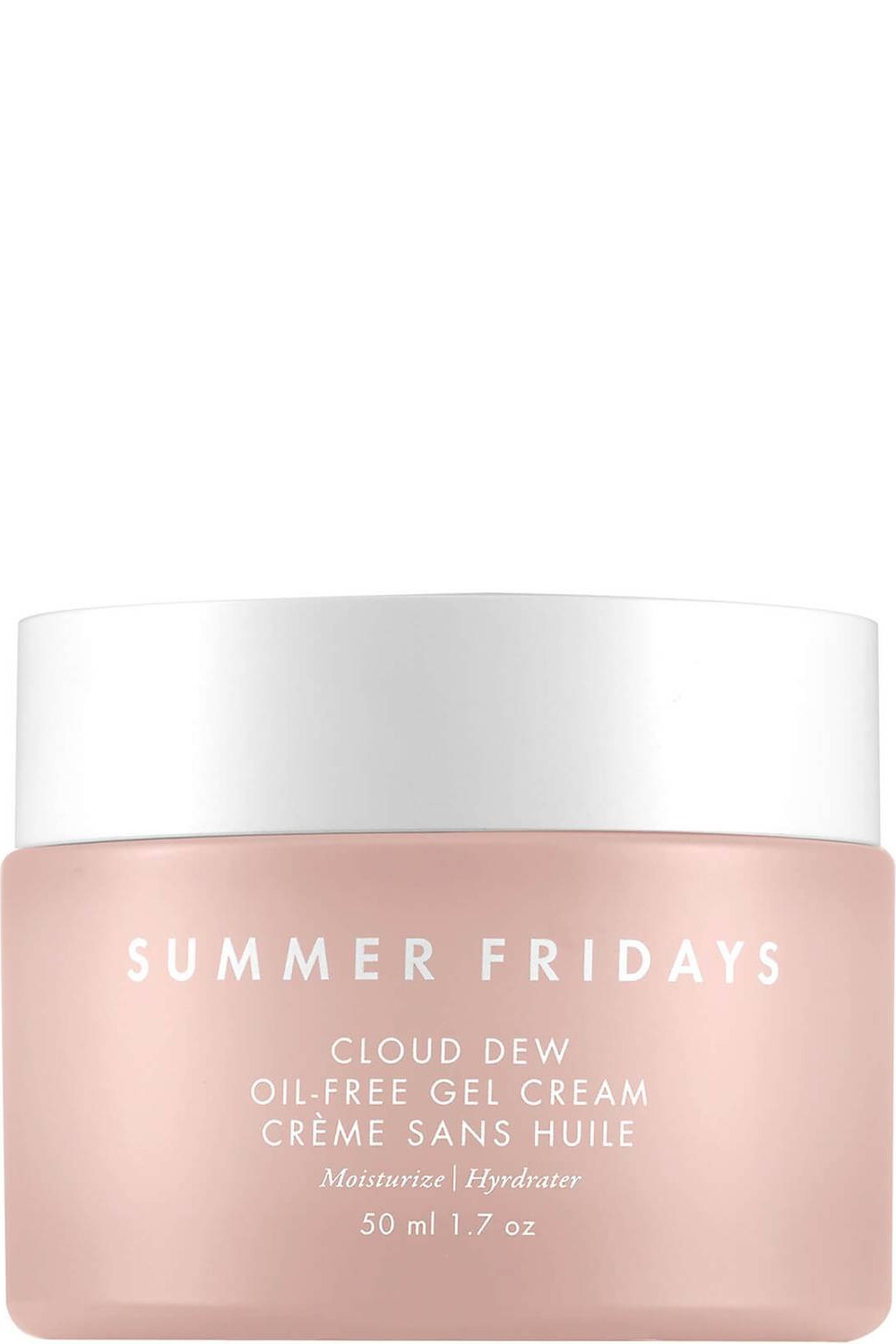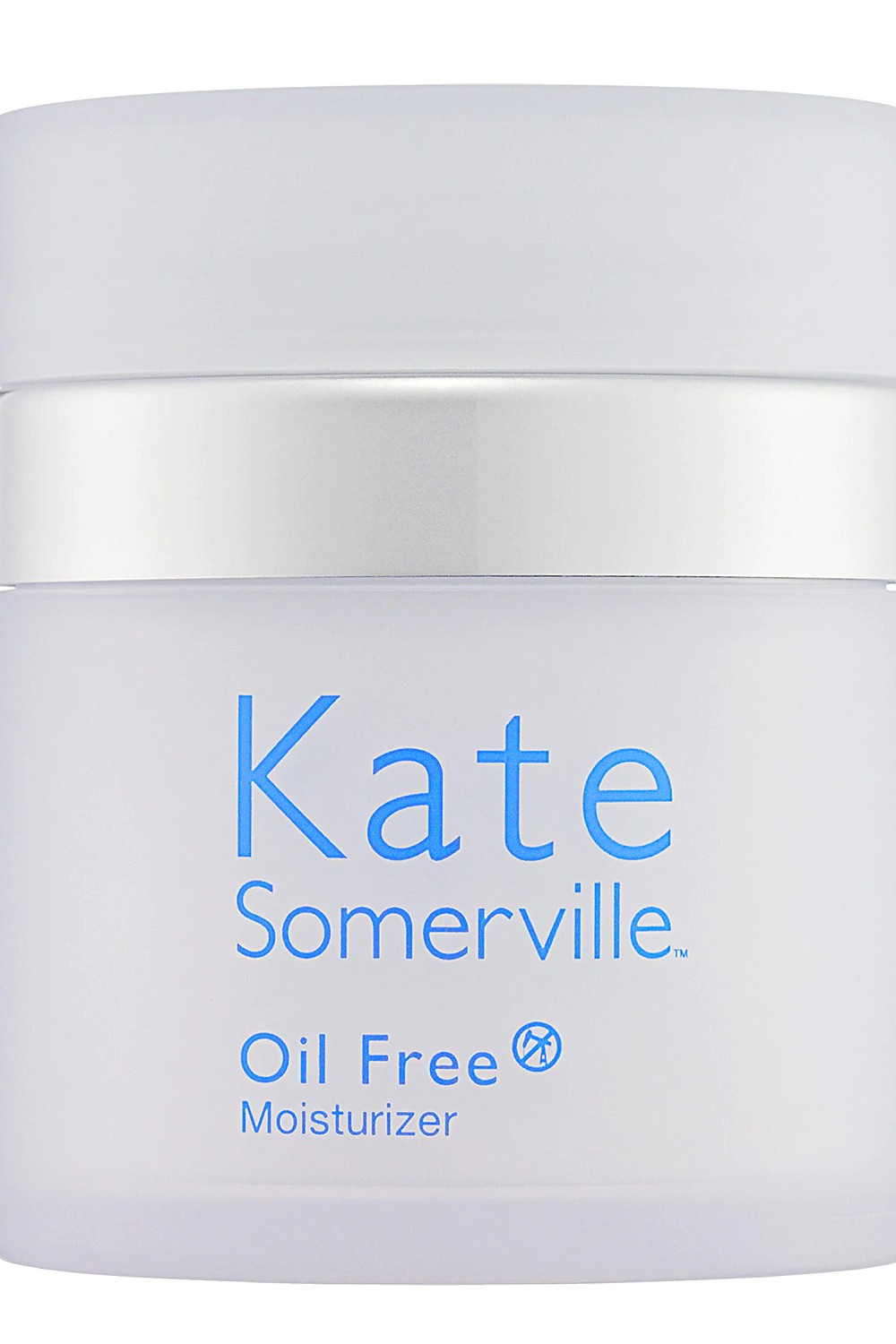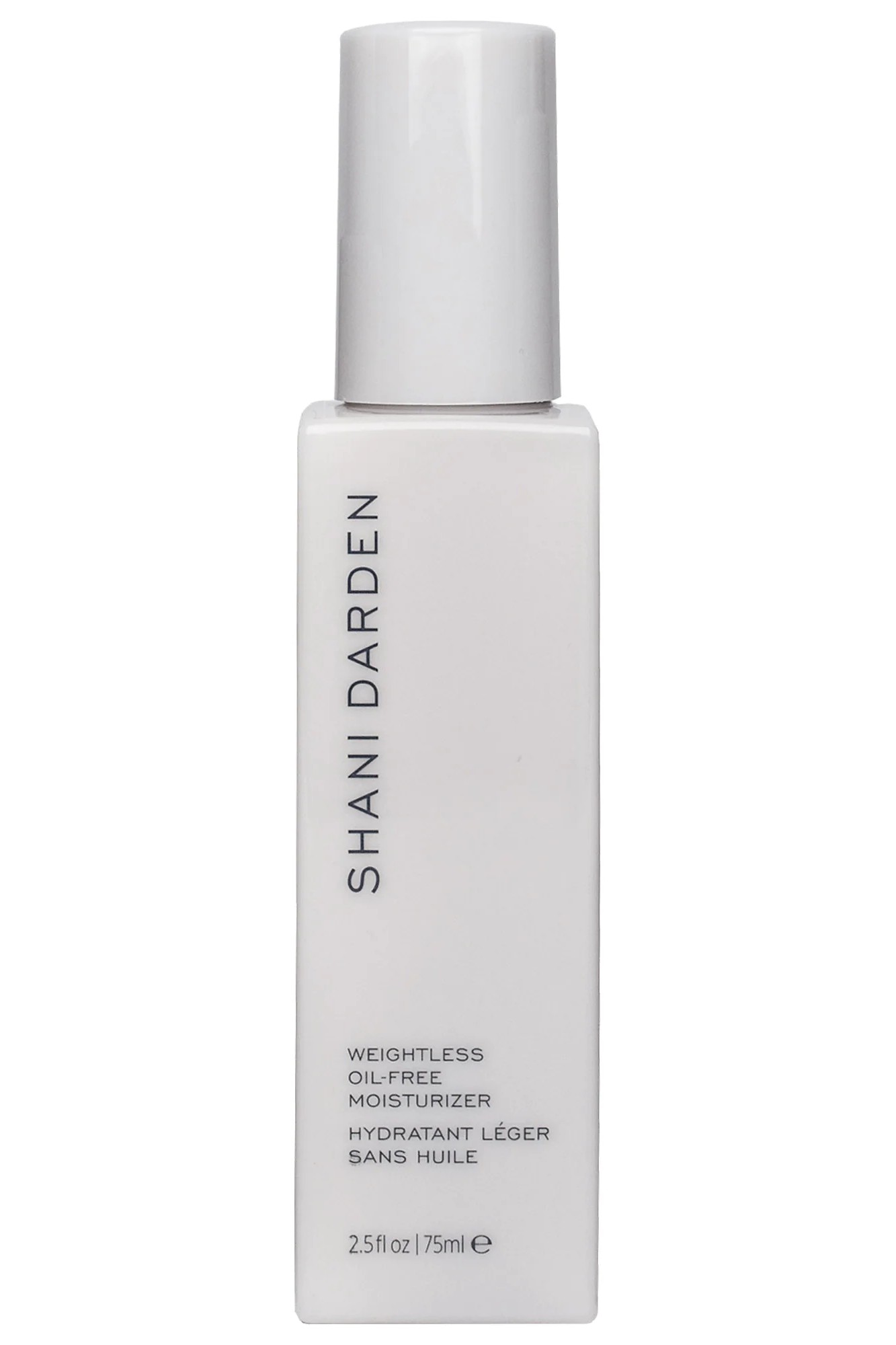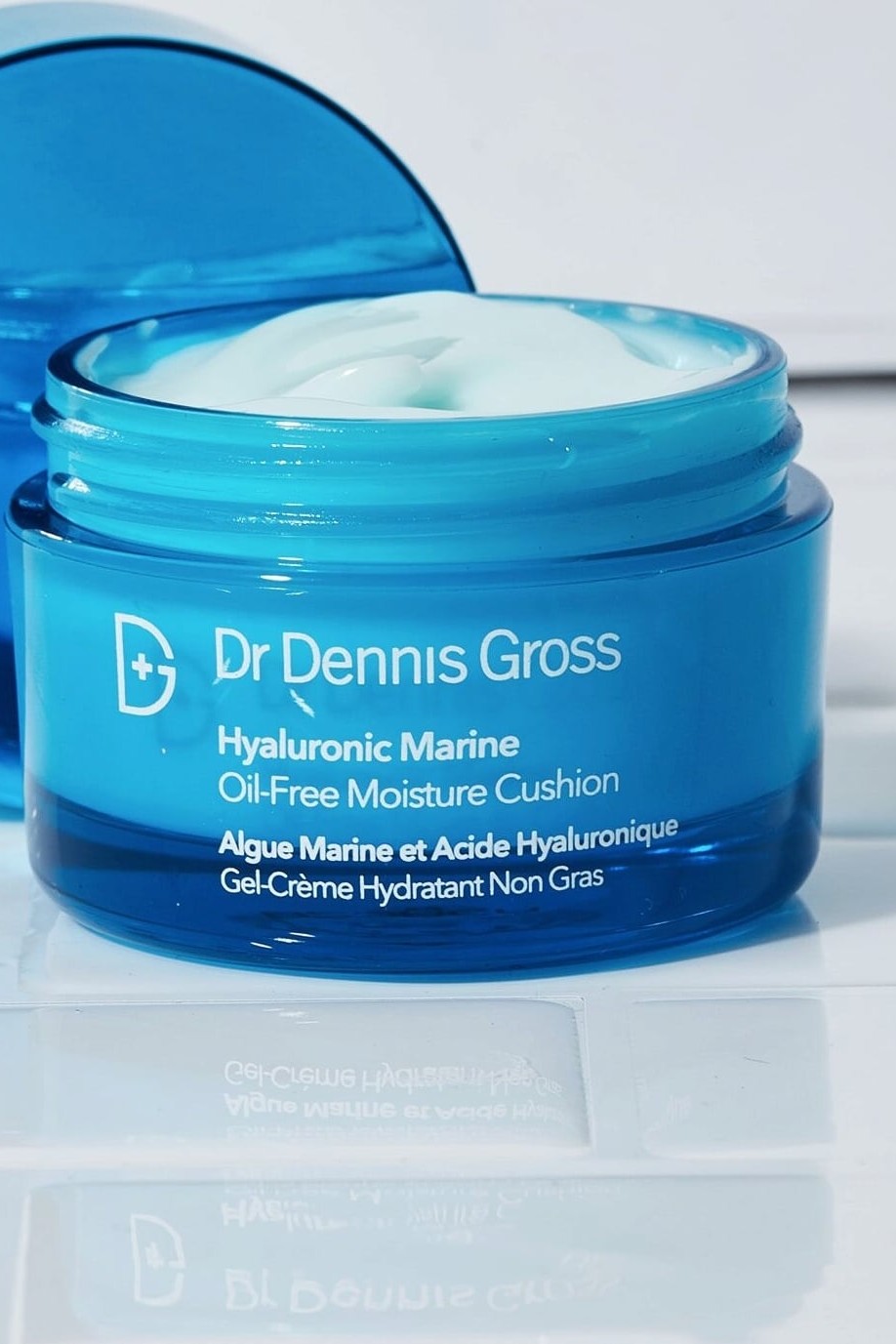The Best Skincare Routine for Acne, According to Dermatologists
Every product to include in your morning and nighttime regimen.
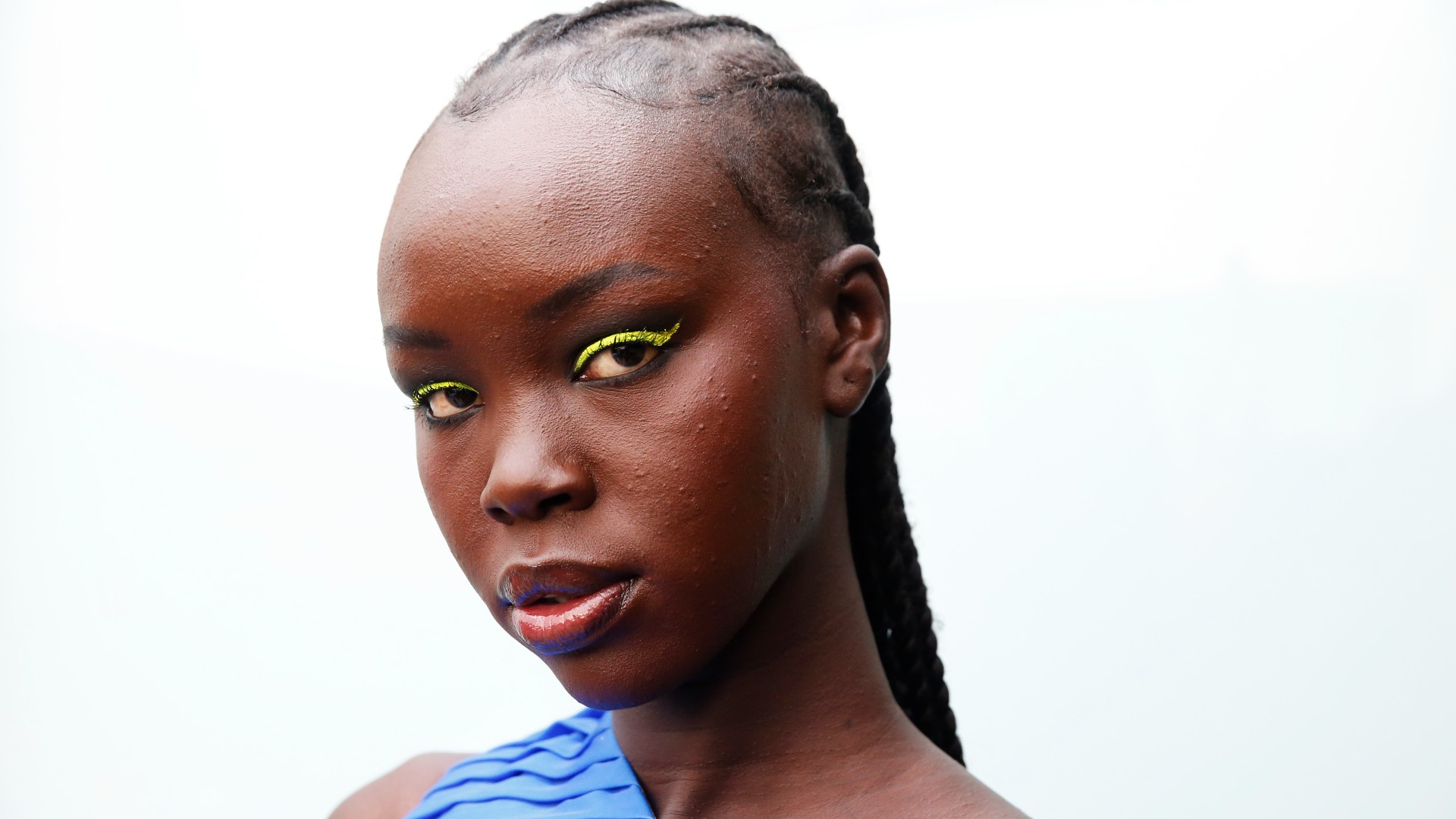

So, you have acne. It’s something 90 percent of people (not just teens) deal with—and getting it under control can be a freakin’ challenge. The thing is: There's not one magic pill, spot treatment, or hard and fast skincare routine for acne that’s going to make blackheads, whiteheads, or nasty cysts poof and disappear. Figuring out the right cocktail of over-the-counter products, active ingredients, and prescription medications that will move you towards a clearer, less angry complexion can be a journey. While there’s no exact recipe for blemish-free skin (le sigh), there are a few do’s, some don'ts, and a handful of ingredients to seek out.
“The best skincare routine is simple and easy to follow,” explains Dr. Joshua Zeichner, a board-certified dermatologist. “If you are acne-prone, the acne treatment is usually top priority.” And while spot treatments and over-the-counter products can be game-changing (we’re breaking down our favorites ahead), working with a dermatologist is hands-down the most important factor in the equation. “We are limited in what’s available over-the-counter, so that’s best suited for mild acne. If you are getting cystic breakouts, darkening of the skin, hyperpigmentation, scarring, or dealing with anything more moderate or severe, you must see a dermatologist,” adds Dr. Shari Marchbein, board-certified dermatologist and founder of Niche Dermatology NYC.
With that in mind, we’ve streamlined your skincare shopping list and created a guideline for the best skincare routine for acne. We’re breaking down the steps that belong in your morning and nighttime routines, explaining how to incorporate active ingredients or acne treatments, and rounding up the best, pimple-fighting and non-irritating products out there.
How Do You Know If You Have Acne-Prone Skin?
Determining your skin type isn’t cut and dry. You can be oily and acne-prone, dry and acne-prone, sensitive and acne-prone—the list goes on. You can also have oily skin and rarely, if ever, develop a pimple. It all boils down to how your skin’s sebum (the technical term for oil), dead skin cells, and debris interact with your pores. “Someone with acne-prone skin is more than just being oily. If you are acne-prone, it means that not only do you produce high levels of oil, but also that oil becomes trapped within the pores,” explains Dr. Zeichner.
There’s also different types of severity to consider when talking about acne. Those with mild acne might have a cluster breakout here or there. Some people might flare with their menstrual cycle, and others might find that the prevalence of their pimples are connected to their food intake. More moderate or severe acne can consist of painful cysts, chronic breakouts, or lead to acne scars.
Yes, You Can Develop Acne-Prone Skin as an Adult
There’s a big misconception that acne is reserved exclusively for the teenage years. That couldn’t be farther from the truth. In fact, 12 to 22 percent of adults deal with regular breakouts. You could live your entire adolescence without ever putting a spot treatment on a blemish, only to develop severe acne in your 20s, 30s, or 40s. Dr. Marchbein explains that this “adult female acne” is typically hormonal in nature. “The main treatment is going to be controlling the hormones,” she explains.
The two most common treatments to regulate hormones, and in turn oil production, is via birth control pills and a drug called Spironolactone. While the latter is not technically designed to treat acne, it’s widely accepted as a “very, very safe” treatment and has hundreds of studies to back up its efficacy as an acne treatment.
Get exclusive access to fashion and beauty trends, hot-off-the-press celebrity news, and more.
The Best Skincare Routine for Acne
Morning and nighttime skincare routines are always going to differ slightly (SPF in the a.m., acids in the p.m.), but broadly speaking the best skincare routine for acne is going to cleanse, treat, and hydrate. And while it can be tempting to throw every product with the phrase “acne fighting” at your skin, that’s not the best course of action.
“More is not necessarily better,” says Dr. Zeichner. “Over washing or over scrubbing the skin can disrupt the skin barrier, leading to irritation and inflammation, which makes it more difficult to treat acne.”
Instead, look for products that are gentle, oil-free, and non-comedogenic, which is a fancy way of saying the ingredients won’t clog your pores or cause pimples. “Make sure you are using serums and masks that are appropriate for people with acne prone skin,” adds Dr. Zeichner. “Avoid heavy oils like avocado, olive oil or squalene which may lead to breakouts.”
The Best Morning Skincare Routine for Acne
Cleanse
When you wake up in the morning, reach for either a gentle foaming cleanser that’ll remove excess oil from your skin, or a face wash with a built-in salicylic acid or benzoyl peroxide treatment. “Studies have shown that anywhere between four to 10 percent of benzoyl peroxide are equally as effective—and 10 percent can be a little irritating,” explains Dr. Marchbein. She recommends looking for a product that’s balanced out with hydrating ingredients. “CeraVe for example makes a nice four percent cream wash that has ceramides and glycerin [to soothe the skin.]”
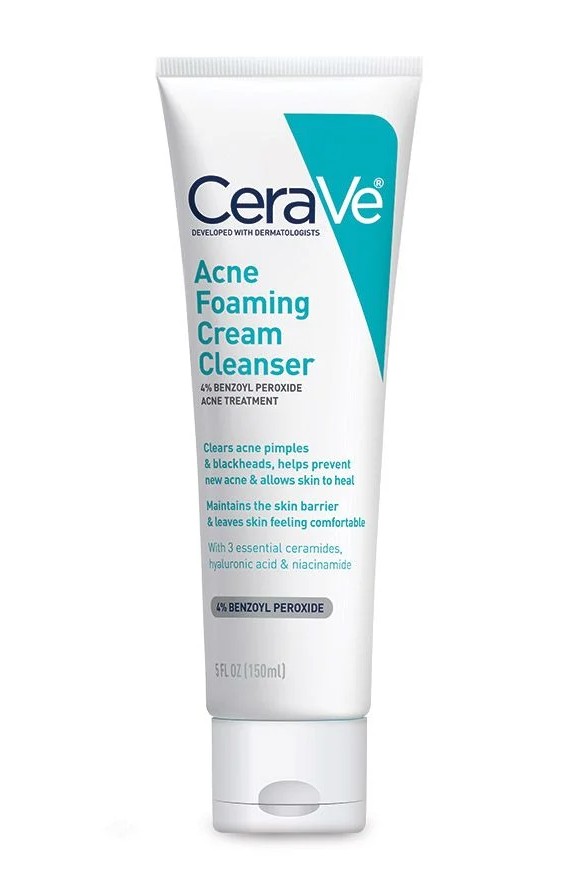
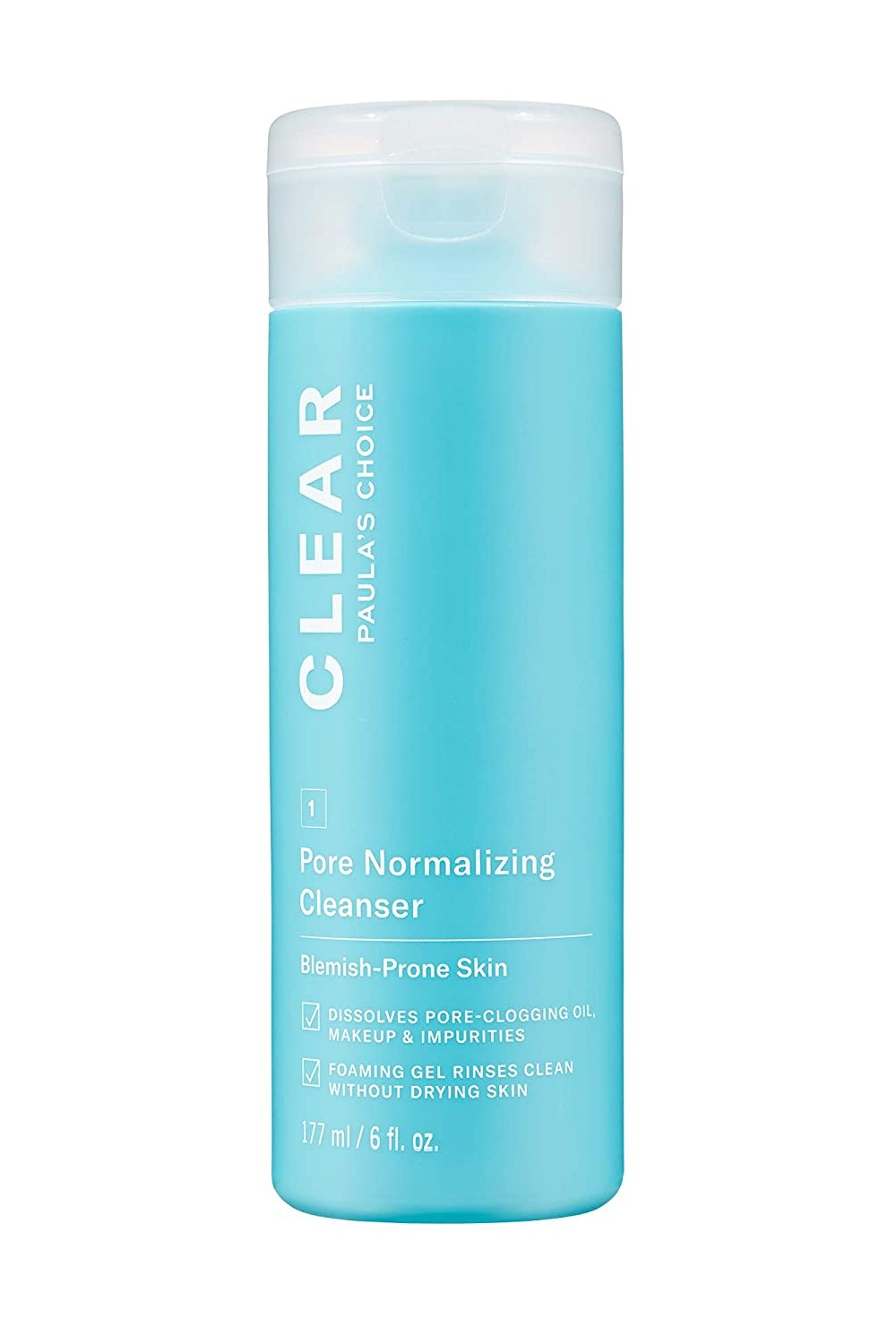
Treat
Daytime acne treatments can be broken up into two categories. If you have mild acne and aren’t seeing a dermatologist, seek out over-the-counter products that target acne. If you have more mild, severe, or chronic acne and are working with a dermatologist, a topical cream is likely going to be in your regimen.
Over-the-Counter
If you’re planning to create an acne-fighting routine with over-the-counter products, Dr. Zeichner recommends diversifying your acne treatment. So, if you used a benzoyl peroxide face wash for instance, try a salicylic acid treatment—and vice versa. “Sticking to all the same ingredients is not as effective as combining different active ingredients that complement each other and their mechanisms of action,” he explains.
It’s also worth noting that acne products are considered drugs, are regulated by the FDA, and are safe and effective. Instructions should be carefully followed on any treatment product containing benzoyl peroxide, sulfur, or salicylic acid.
Prescription Creams
If in-store products simply aren’t cutting it or you just want to take your multitude of skin problems straight to a pro, visiting a dermatologist brings about a whole new world of acne treatments. While we’ll dig into oral medications later, we also want to dive into topical creams and gels that can work wonders.
“Our topical acne medicines treat about 30 percent of acne lesions, so it’s really about the way we combine things together. That’s where a dermatologist comes in to combine different topicals in a way that’s effective,” says Dr. Marchbein. “You might just have plain acne, you might have acne and rosacea and sensitive skin, you might have acne, rosacea, and periorificial dermatitis. There’s so many different options for the type of breakouts that you have.”
Your dermatologist will be able to create a routine and mash up of ingredients that work for you, targeting inflammation, hormones, or bacteria. Dr. Marchbein “loves topical Dapsone” for her adult acne patients, but other topical prescriptions include Clindamycin and Winlevi.
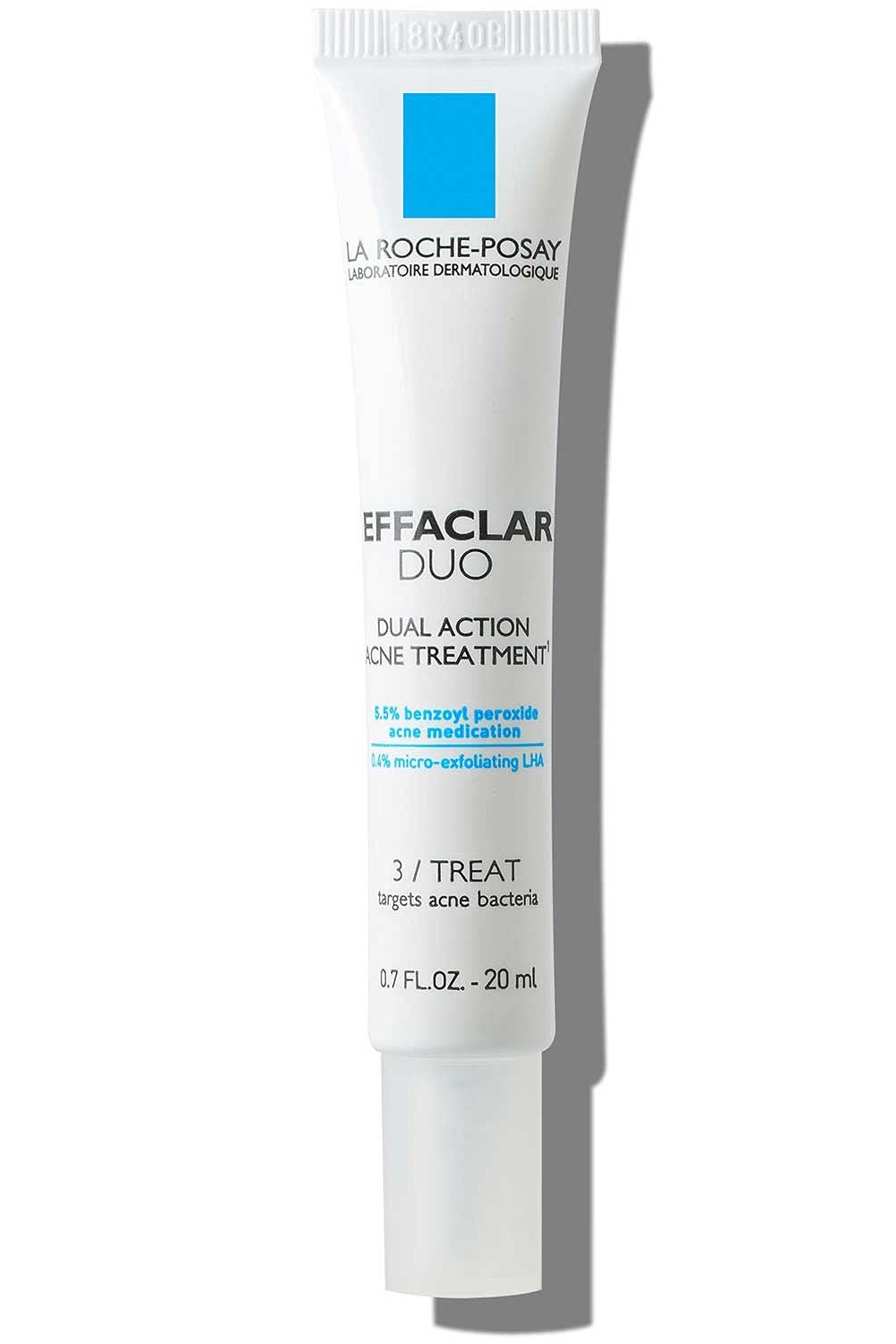
Moisturize
Oily skin and acne? Don’t get it twisted: you still need to moisturize acne-prone skin. Maintaining a hydrated and healthy skin barrier is *extremely* important—especially if you’re using treatment products. “Damaging the skin barrier can cause a worsening of acne. That’s why over scrubbing or overdoing it with harsh products can make acne worse,” says Dr. Marchbein. “[You need] products to prepare and soothe the skin barrier, because the medications are often drying and irritating.”
Just make sure to look for non-comedogenic, lightweight, and oil-free formulas that are packed with hydrating ingredients like ceramides and hyaluronic acids.
Sunscreen
We’ll say it 100 times over—everyone needs sunscreen. And it’s even more important if you’re dealing with acne. “Some acne medications can make you sensitive to the sun,” explains Dr. Zeichner. Dr. Marchbein also notes that hyperpigmentation left behind by acne can become worse with sun exposure—especially in more melanated skin tones. “I typically recommend physical sunscreens when you’re hyperpigmenting, because physical sunscreens reflect the heat, whereas chemical sunscreens absorb it and can make hyperpigmentation worse.” Both pros recommend sticking to oil-free formulas, gels, and lighter lotions.
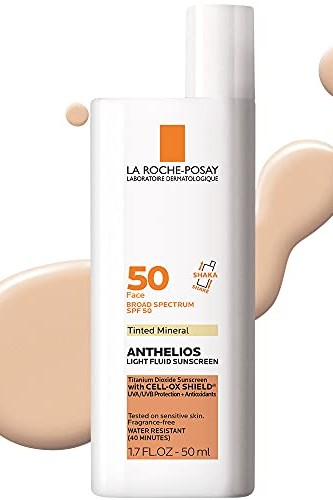
The Best Nighttime Skincare Routine for Acne
Cleanse
“The nighttime cleanse, in my opinion, is more important than the morning because you need to remove oil, dirt, pollution, and make up that builds up during your day,” says Dr. Zeichner. He recommends looking for options formulated with benzoyl peroxide or salicylic acid—especially if you opt for a gentle cleanser in the morning.
It’s important to note however that benzoyl peroxide does not play nicely with retinoids. And since retinoids are typically a mainstay in evening skincare routines for acne-prone skin, it’s best to alternate the days you use a retinoid and benzoyl peroxide.
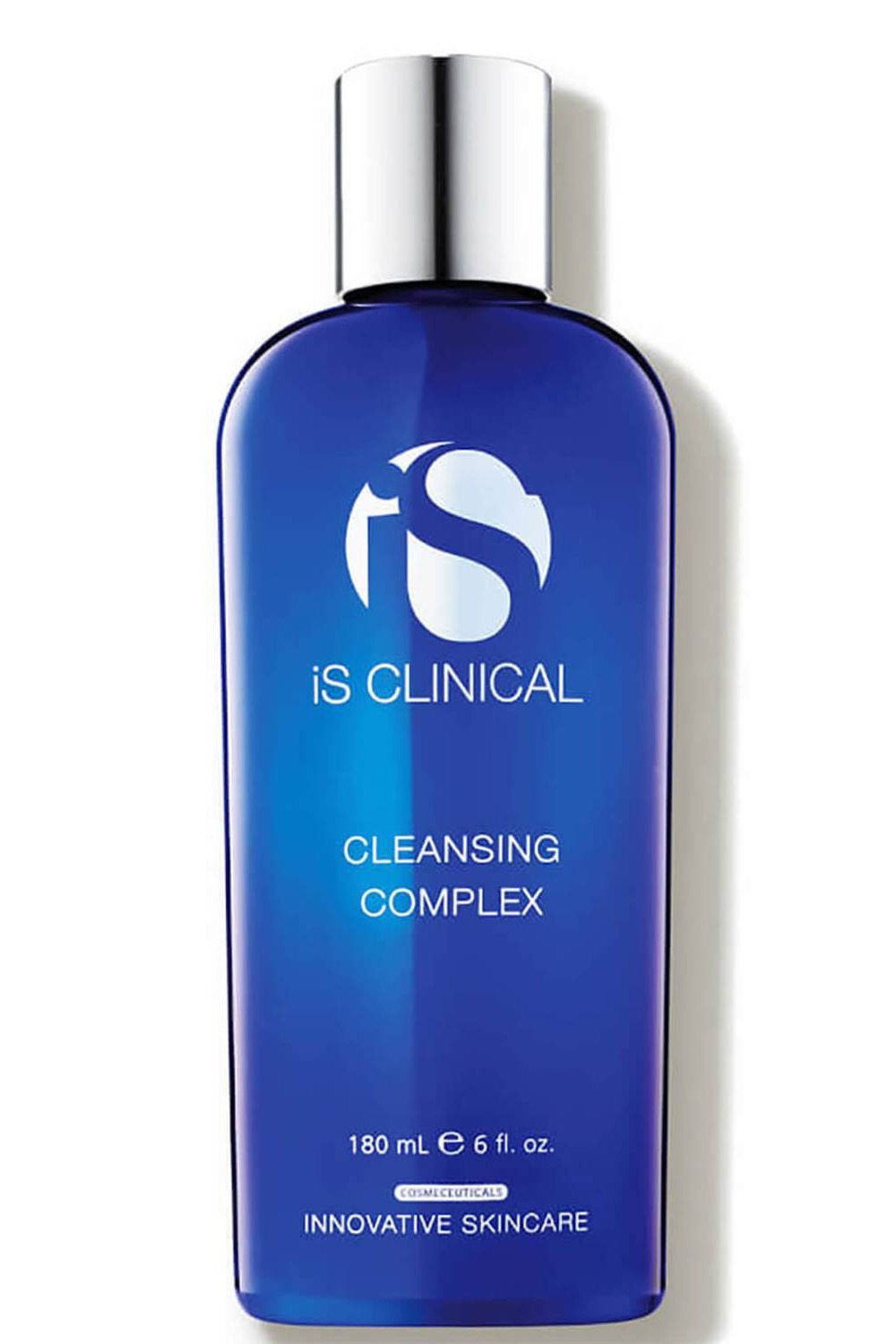
Treat
Spot Treatment
We love a good pimple patch as much as the next person, but they shouldn’t be your main form of treatment. Sure, if a nasty pimple rears its head, by all means—pop one on. But just know it has a time and place. “Think of your face as having thousands of pipes connecting your oil glands at the surface of the skin. In acne, all of those pipes are somewhat blocked, but we cannot predict which one will become fully clogged and lead to a pimple,” explains Dr. Zeichner. “The best way to treat acne is to apply medication to the entire area that trends to breakout. This can help get rid of pimples that you have and prevent new pimples from developing.”
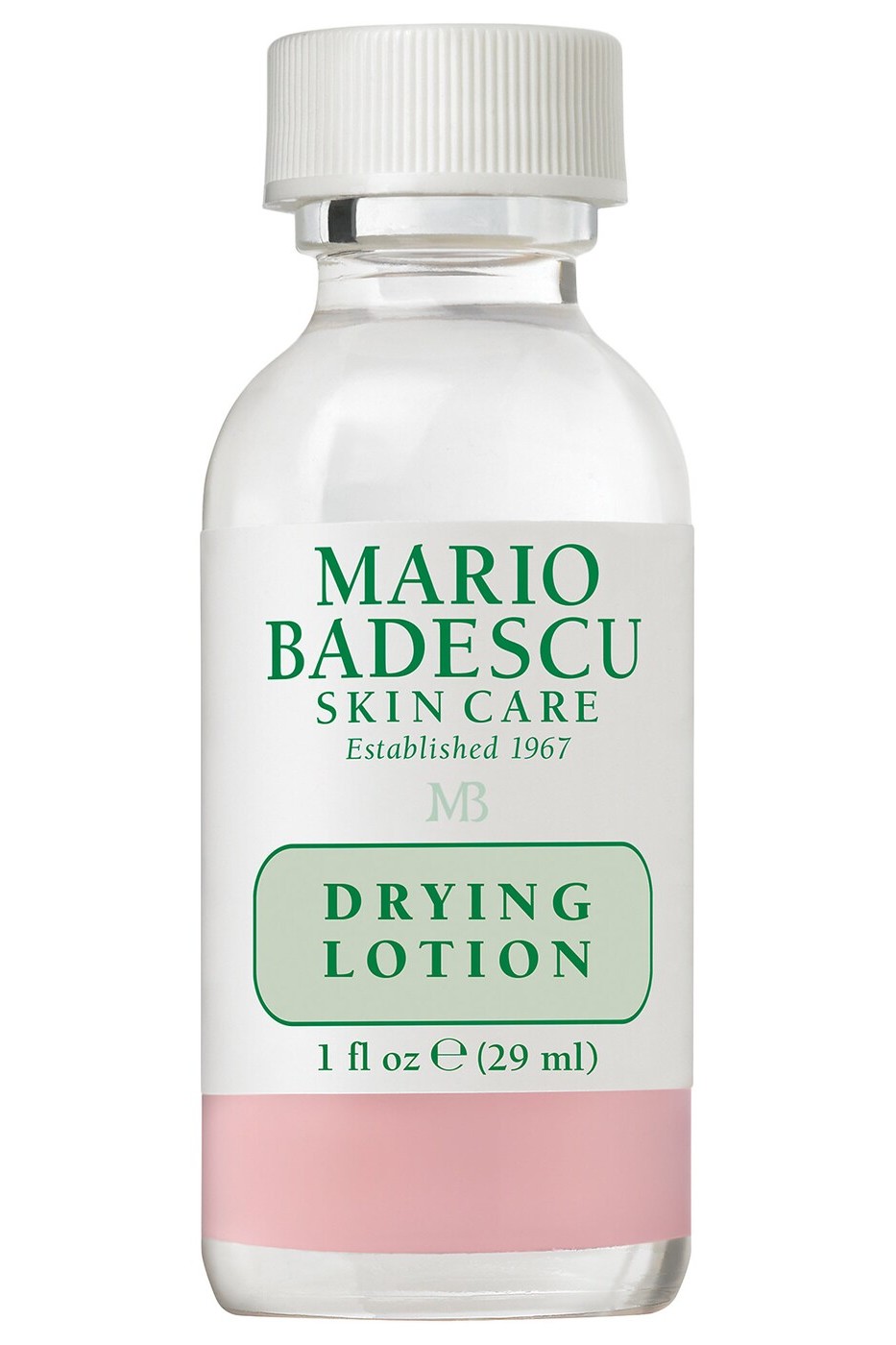
Oral Medication
There are a handful of oral medications dermatologists can prescribe to help combat acne. Sometimes, they’ll be the first line of defense, other times topical options may be exhausted first. As mentioned above, birth control and a drug called Spironolactone are largely used to treat acne. There’s also the possibility your doctor will put you on a short-term antibiotic like Doxycycline to control acne flares. “We really try to limit antibiotic use to no more than three months,” explains Dr. Marchbein. “Dermatologists will sometimes use it to bridge a gap, but long-term antibiotics can be dangerous.”
Then, there’s accutane—one of the most powerful tools to improve chronic acne. While you can get alllll the deets on accutane via our guide to accutane, we want to highlight that anyone on accutane should use exclusively gentle cleansers and moisturizers in tandem with treatment.
Adapalene
“Topical retinoids are a mainstay in the treatment of acne because they act like pipe cleaners to keep the pores clear,” says Dr. Zeichner. While the majority of retinoids are beloved for its benefits in relation to aging (it’s a game changer, guys), a specific derivative called adapalene goes a step further and actually helps treat acne. While there are over-the-counter options available, your dermatologist can also prescribe a prescription-strength version called Altreno. (Doctor’s note: Don’t use adapalene at the same time as benzoyl peroxide and remember to wear sunscreen, as adapalene causes photosensitivity.)
Moisturize
You can most definitely use the same morning and evening moisturizer: the same rules apply. Look for lightweight and oil-free options that promote a healthy skin barrier. While moisturizers are typically the final step and seal all the goodness in, you might want to consider “sandwiching” your moisturizer around your retinoid. What does this mean, exactly? Apply a layer of moisturizer both under and over the treatment to increase hydration and reduce irritation.
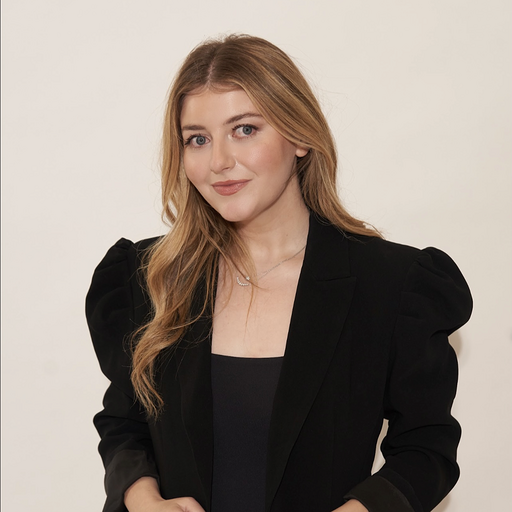
Samantha Holender is the Senior Beauty Editor at Marie Claire, where she reports on the best new launches, dives into the science behind skincare, and shares the breakdown on the latest and greatest trends in the beauty space. She's studied up on every ingredient you'll find on INCI list and is constantly in search of the world's glowiest makeup products. She's constantly tracking the biggest nail and hair trends to pop up in the beauty space, going backstage during fashion weeks, tracking celebrity looks, and constantly talking to celebrity hair stylists, nail artists, and makeup artists. Prior to joining the team, she worked as Us Weekly’s Beauty and Style Editor, where she stayed on the pulse of pop culture and broke down celebrity beauty routines, hair transformations, and red carpet looks. Her words have also appeared on Popsugar, Makeup.com, Skincare.com, Delish.com, and Philadelphia Wedding. Samantha also serves as a board member for the American Society of Magazine Editors (ASME). She first joined the organization in 2018, when she worked as an editorial intern at Food Network Magazine and Pioneer Woman Magazine. Samantha has a degree in Journalism and Mass Communications from The George Washington University’s School of Media and Public Affairs. While at GWU, she was a founding member of the school’s HerCampus chapter and served as its President for four years. When she’s not deep in the beauty closet or swatching eyeshadows, you can find her obsessing over Real Housewives and all things Bravo. Keep up with her on Instagram @samholender.
